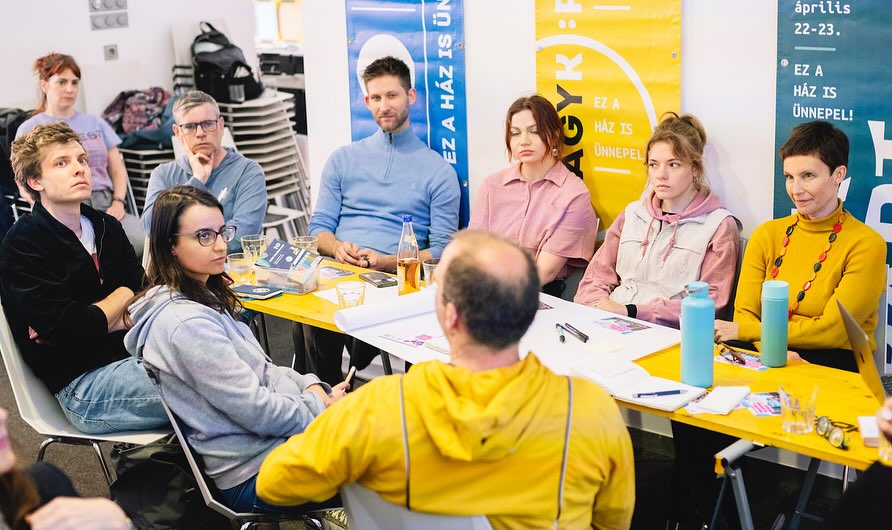
Democratic Innovation Workshop in Budapest: Focus on Inclusion
To mark the launch of the Toolbox of Experimental Participation Methods developed by Eutropian, and to share the knowledge generated in the EUARENAS project, back

To mark the launch of the Toolbox of Experimental Participation Methods developed by Eutropian, and to share the knowledge generated in the EUARENAS project, back

Yourspace.Sutton is more than a community garden. It provides workshops to kids, supports social therapeutic activities, and hosts local sustainable businesses in a horticultural environment.
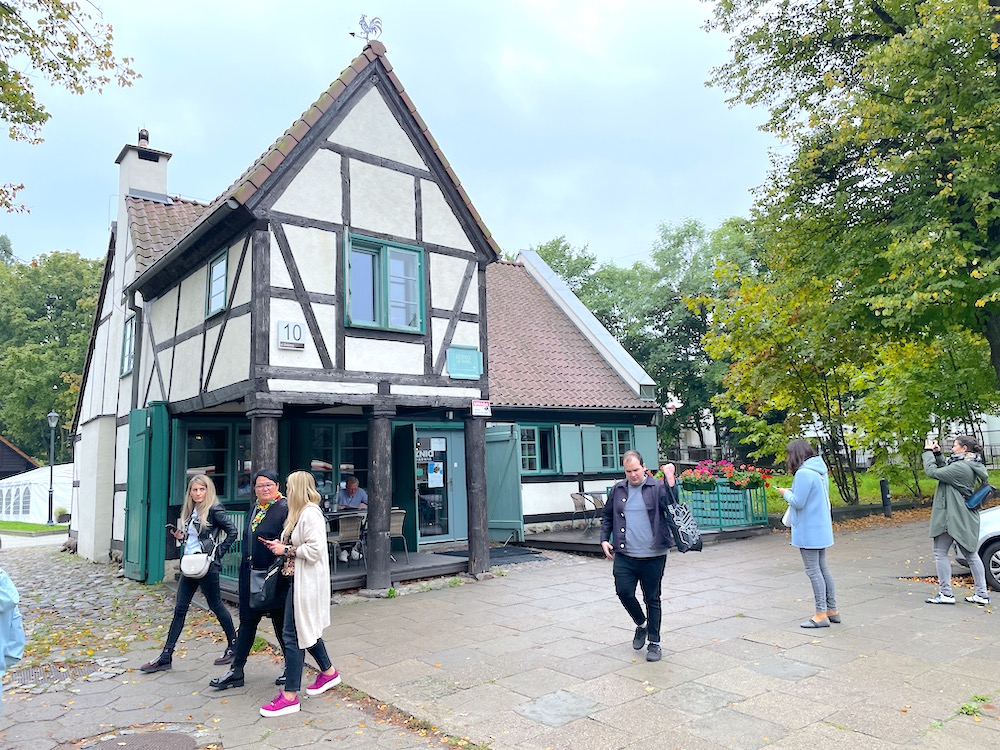
In the past decades, Gdańsk has followed a well-defined strategic path. Building one initiative on another, the city used European projects to strengthen the innovation
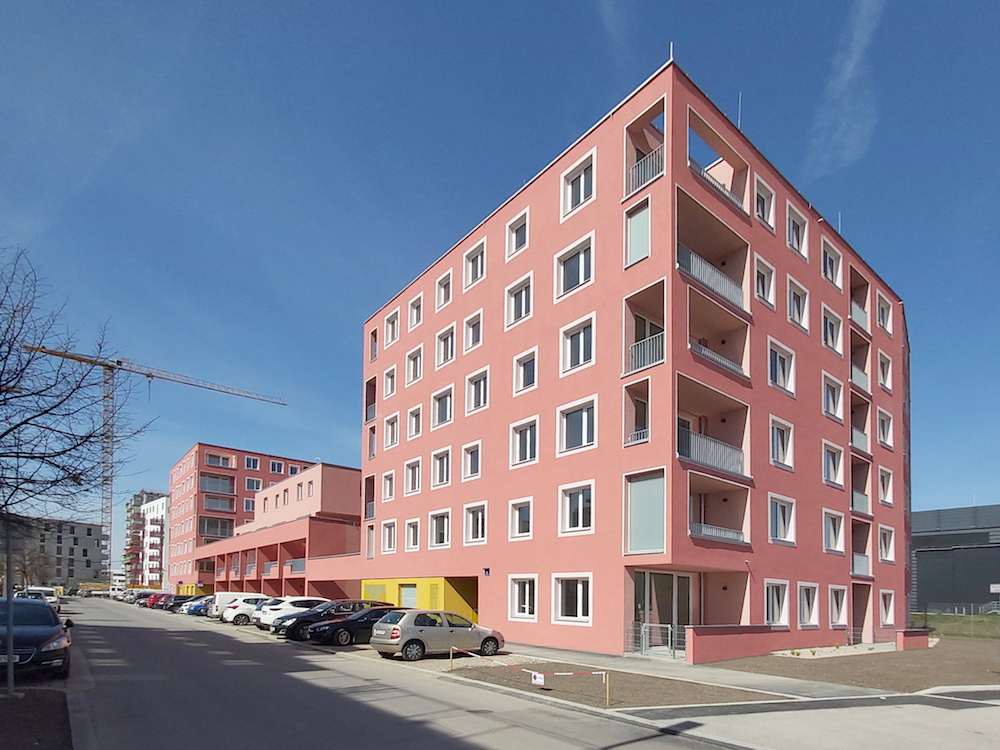
wohnbund:consult is an independent office working in the field of social and sustainable urban developments with a focus on housing. Its interdisciplinary team focuses on
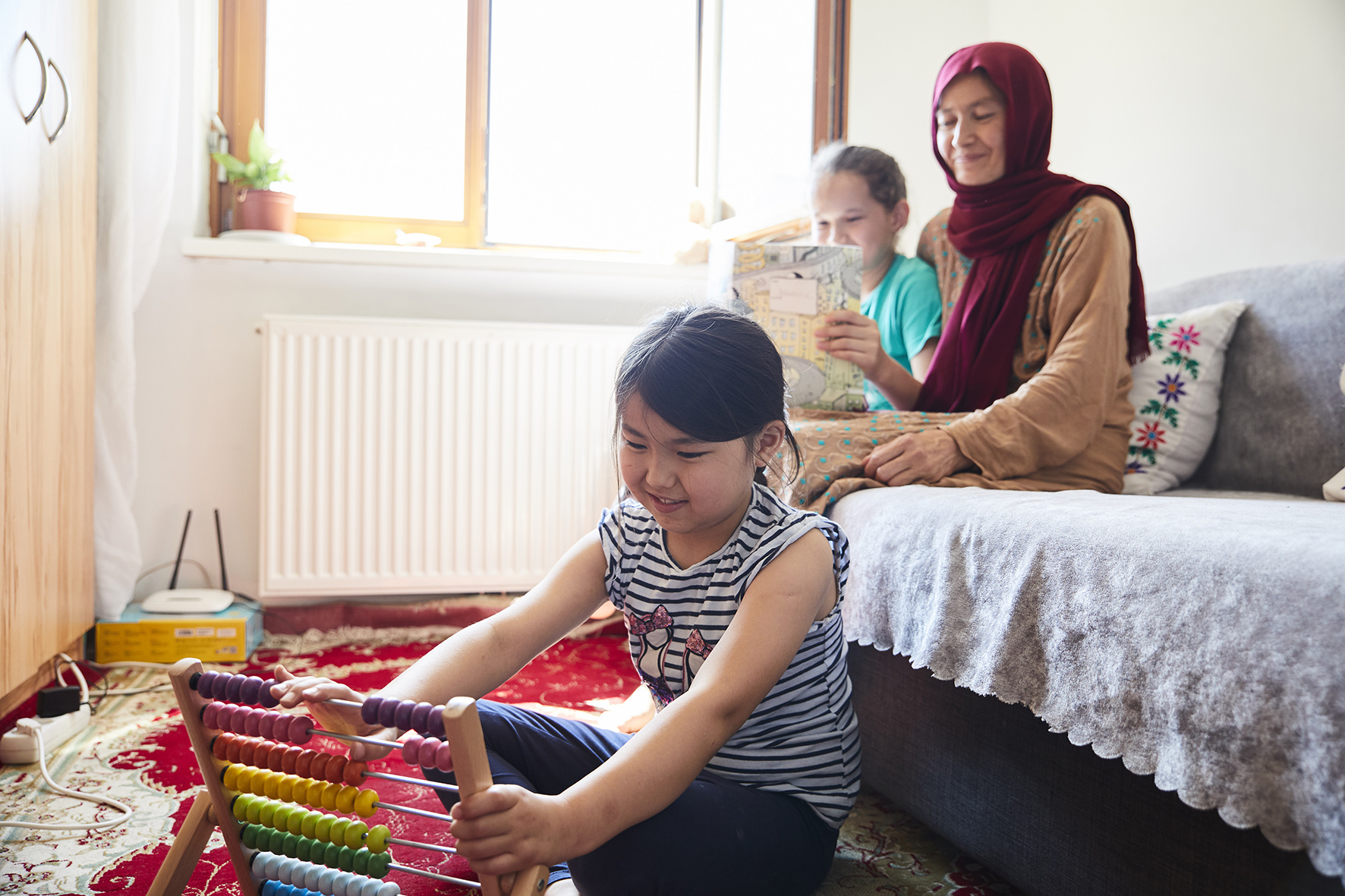
Considered by many as a secular saint, Mrs. Ute Bock (Linz 1942 – Vienna 2018) began helping refugees, especially those who were not included in
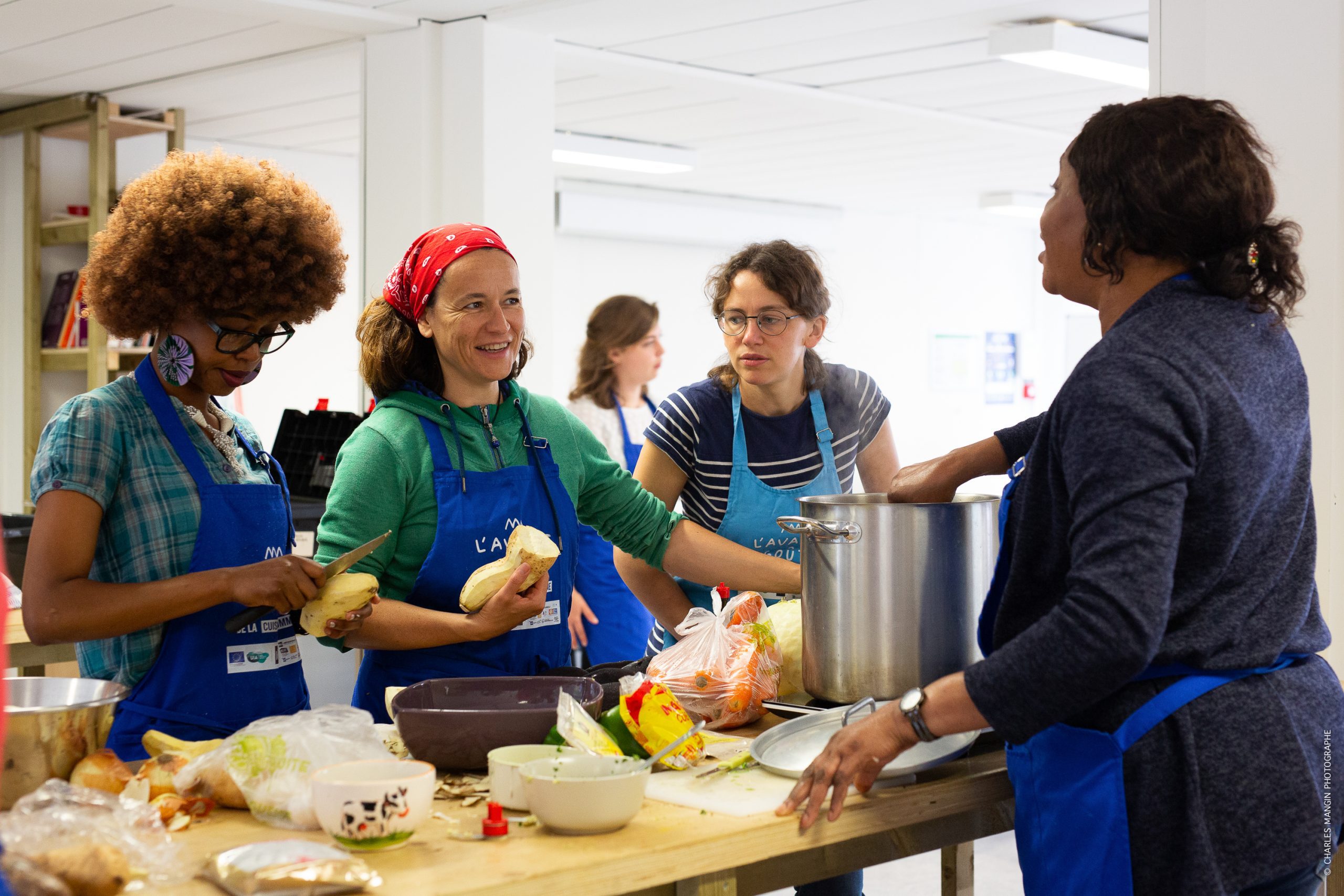
In 2021, Europe is facing a number of challenges. The Covid-19 pandemic has brought to surface many structural problems in European societies, from climate change
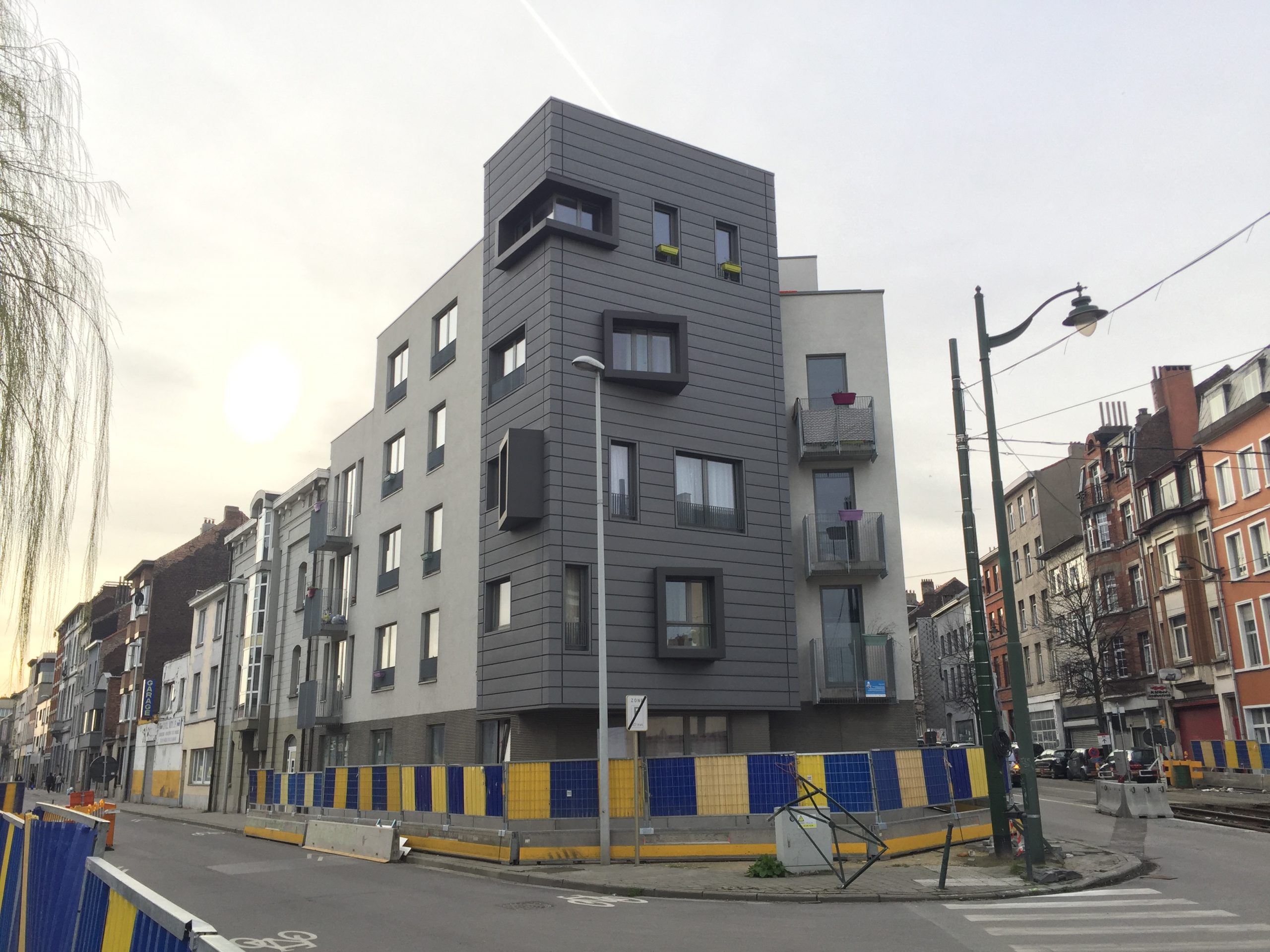
Collaborative housing can be conceived as an approach to complement state- or municipality-led public housing schemes with bottom-up, self-organised housing projects. It has been the
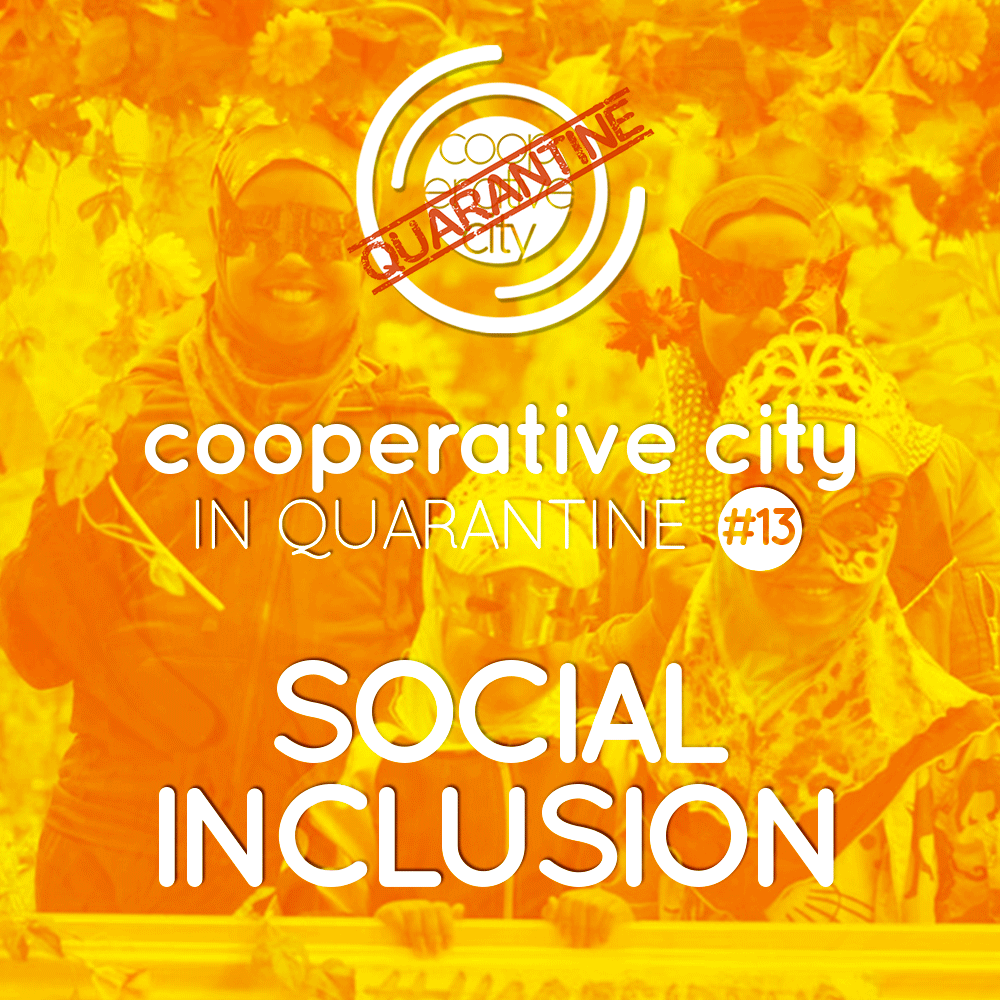
The lockdown made the inequalities in our societies boldly visible. The key role of the community and collaborative action to reach the most vulnerable layers

Il lockdown ha messo in luce l’entità delle disuguaglianze nelle nostre società, ma altrettanto il ruolo fondamentale svolto dalle comunità e dall’attività cooperativa nel raggiungere

Rossella Ferorelli introduces us to Spazio13: a real connector in the city of Bari, a container of innovation open to everybody, a space where everyone
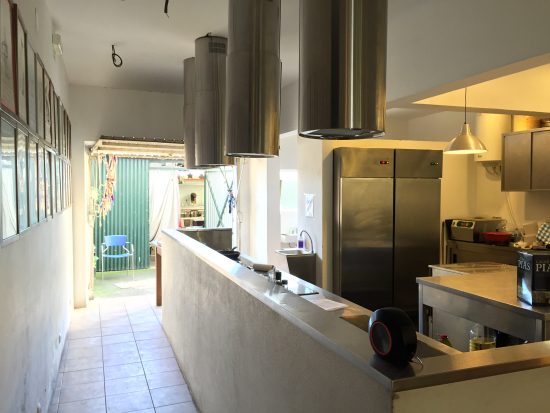
Adriana Freire is the founder of Cozinha Popular da Mouraria, a community kitchen started-up as a BIP/ZIP project. In this video she explains how a
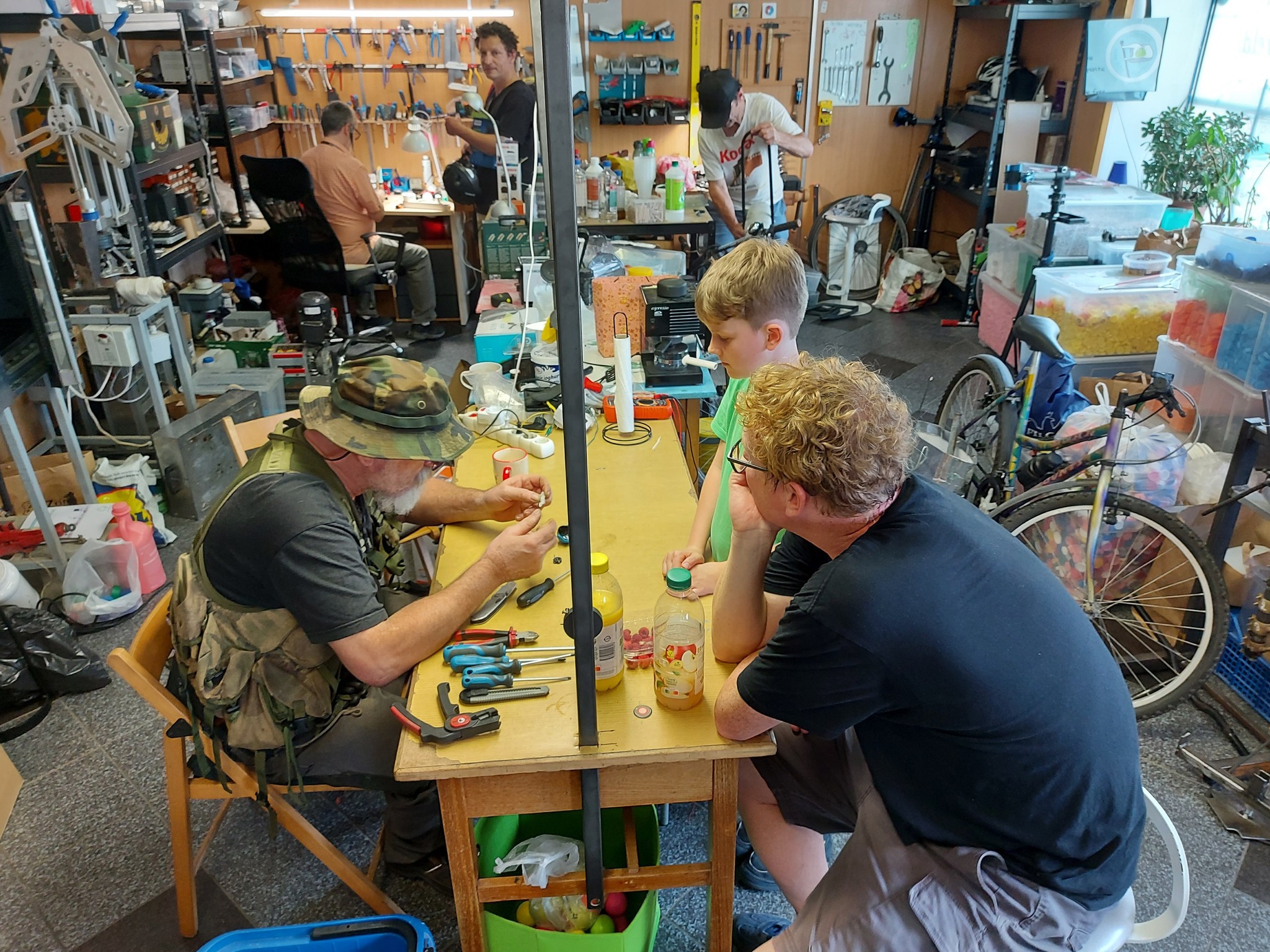
Repair Café Budapest is Hungary’s first and only repair café, offering a collaborative space where broken household items—like toasters, bicycles, and sewing machines—are brought back
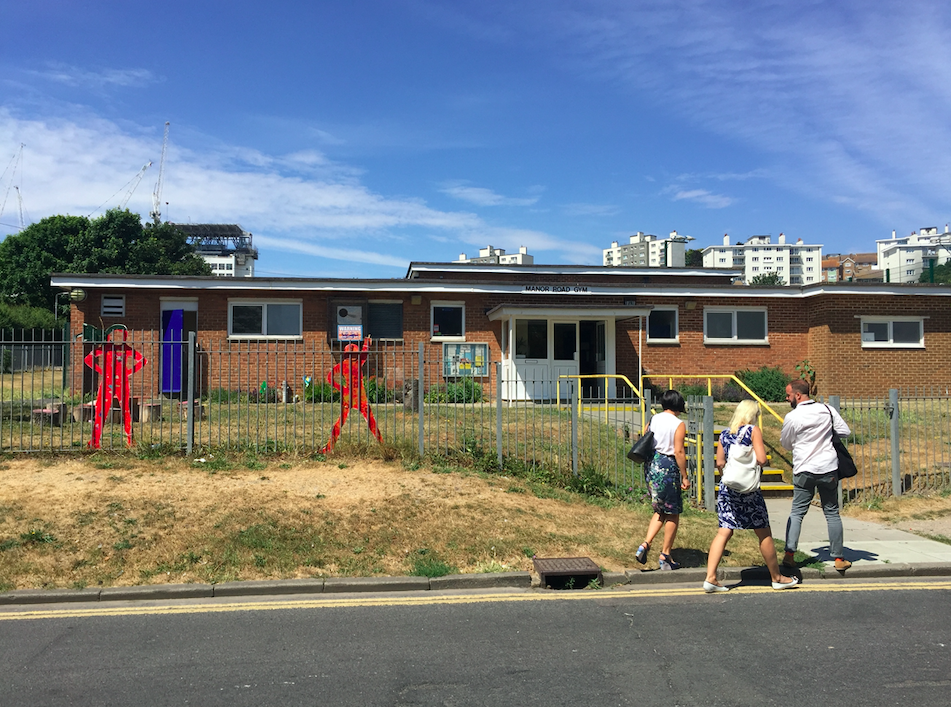
Commissioning models by which the public sector externalises the provision of public services often favour large companies, excluding smaller providers. In an attempt to set
From March 31 to April 4, Cooperative City’s Lukács Hayes – traveled to Rome to take part in the kickoff meeting and training of the

Redefining Urban Security for Inclusive Cities The experience of the 2Nite Urbact network shows us how urban security is a complex and multifaceted concept, extending
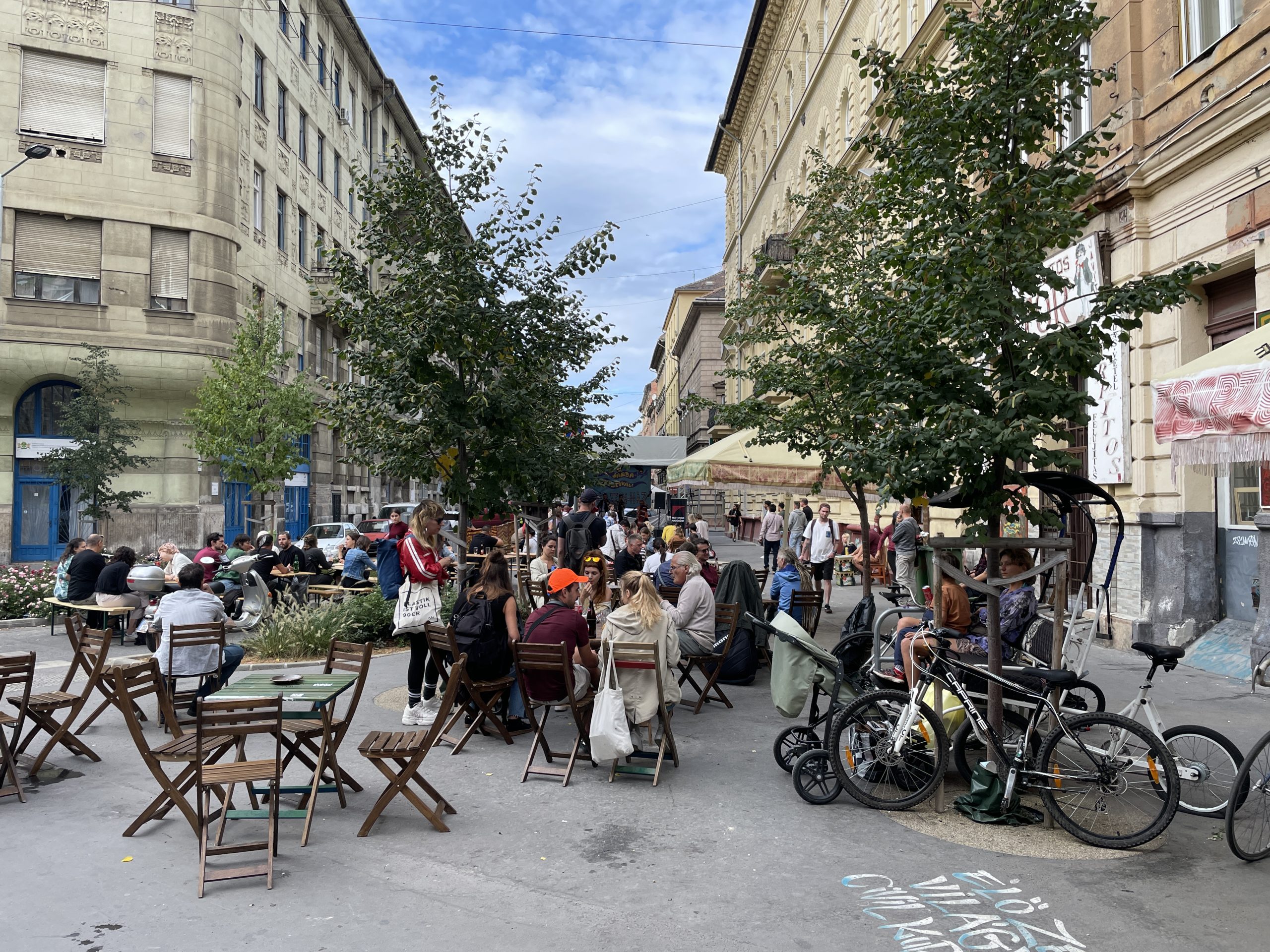
I’m walking down Budapest’s Népszínház Street. Leaving behind Blaha Lujza Square, one of the city’s major public transportation hubs, I’m entering Józsefváros, a district that
About YoReC YoReC, an Erasmus+ funded initiative, empowers young people to take an active role in building inclusive, resilient, and sustainable communities and democracies across Europe.
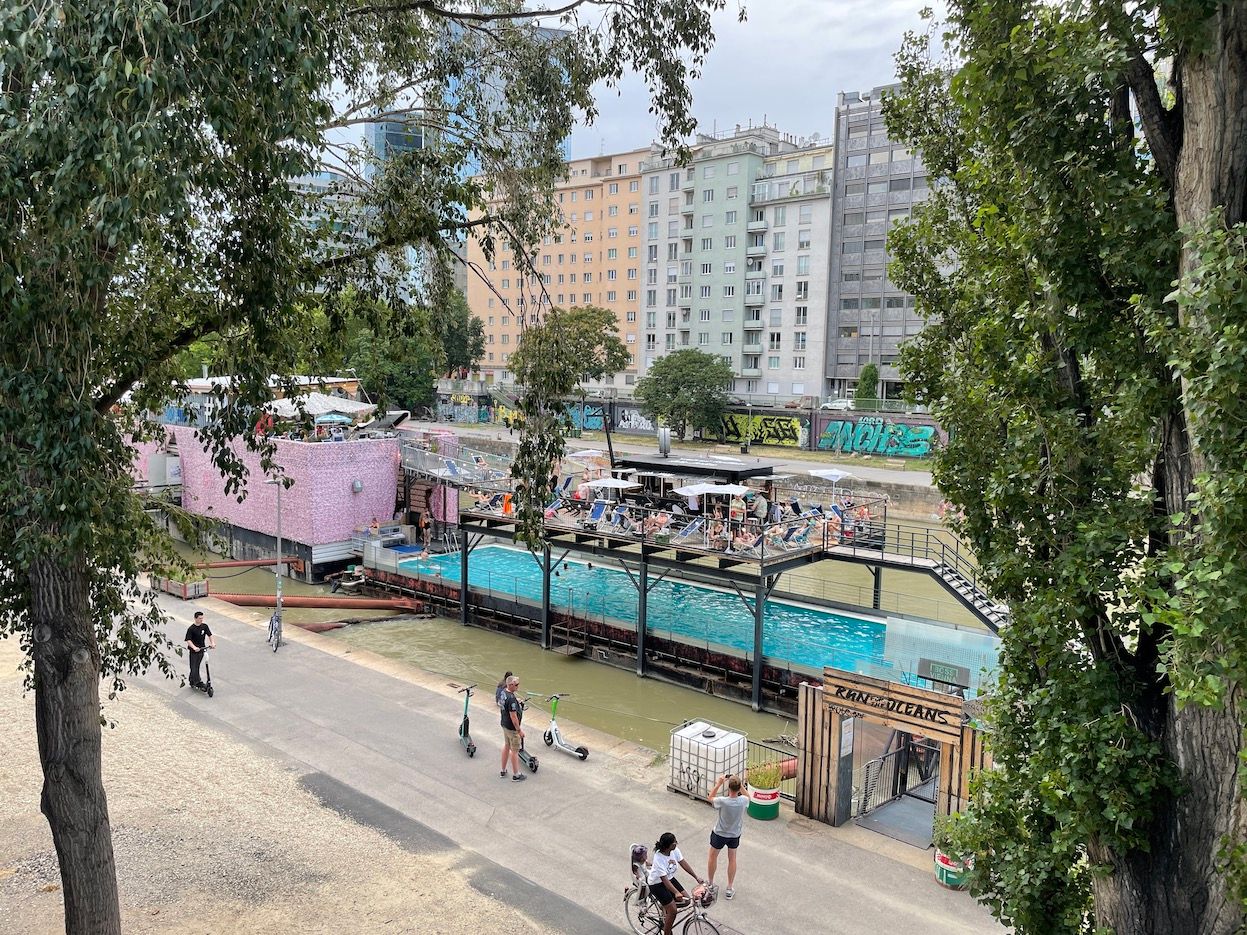
What makes a public space truly belong to the people who use it? Can design empower communities or does it risk excluding them? Is placemaking

The Laboratori di Quartiere (Neighbourhood labs) is a shared governance model promoted by the Municipality of Bologna, with the coordination of Fondazione Innovazione Urbana and
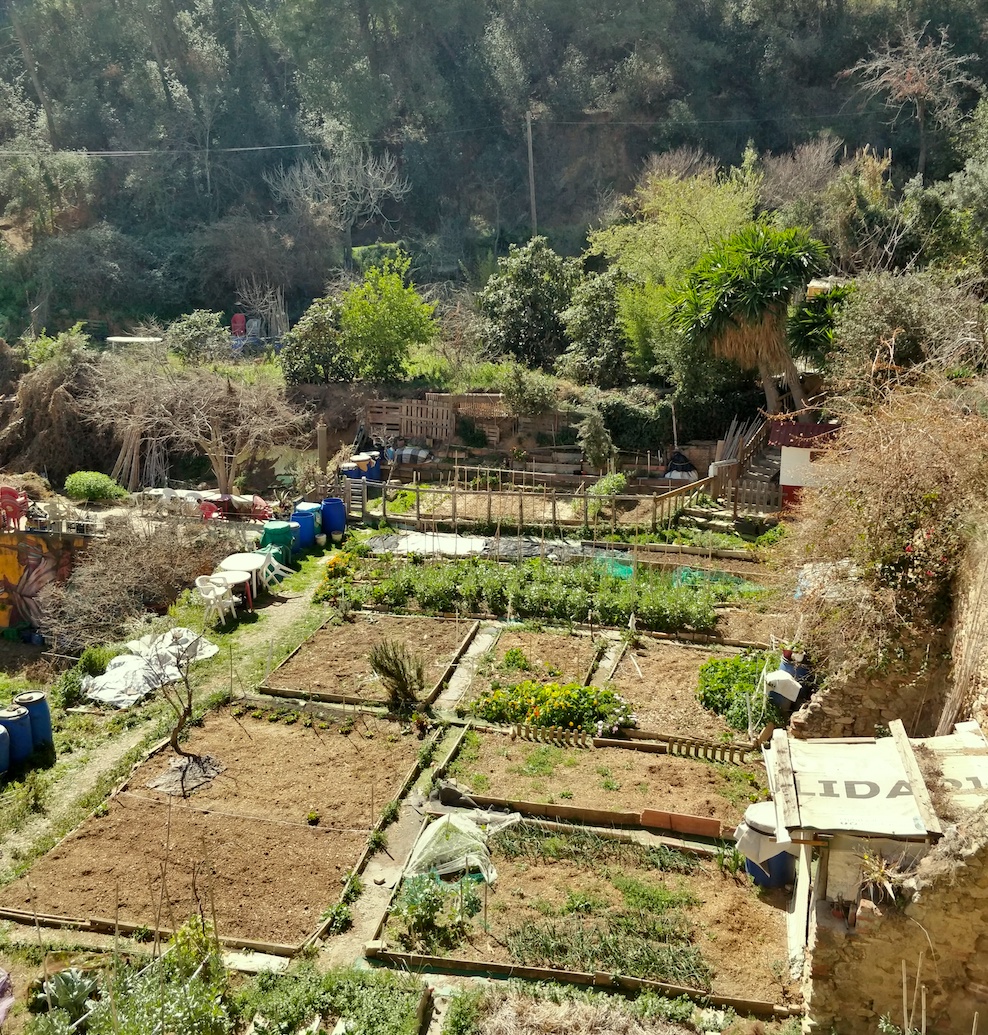
In the global pursuit of sustainable urban development, Barcelona has emerged as a pioneering city, leading the way in fostering a sustainable and healthy food
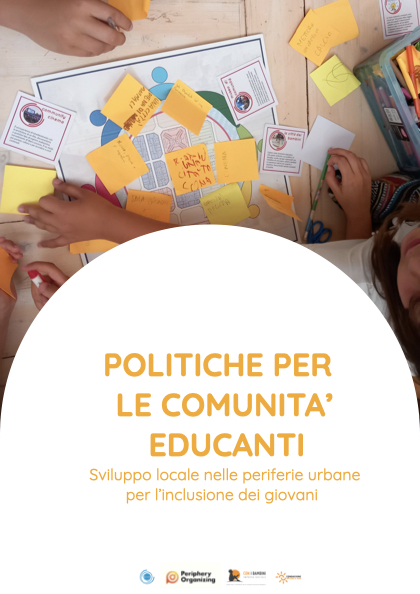
Rigenerare e ripensare le periferie della Penisola con un progetto per i giovani che vivono in quartieri periferici. Luoghi difficili e molte volte con una incapacità di inclusione sociale, innovazione e sostenibilità. Il progetto Periphery organizing – Daje un po’ incentrato su tre aree difficili del territorio capitolino attraverso un percorso di conoscenza, ascolto e attività ha avviato relazioni ed azioni in cui si sono messi al centro i rapporti umani e l’interesse comune di riqualificare alcune aree e una rigenerazione sociale.
Il progetto con l’obiettivo di formare una comunità educante che sostenga i giovani nel partecipare alla vita pubblica e nel contribuire allo sviluppo socio-economico dei loro contesti di riferimento (Tor San Lorenzo, Tor Bella Monaca e Corviale) ha reso i giovani protagonisti del contrasto alla povertà educativa e quindi insegnargli a chiedere quello di cui hanno bisogno c’è bisogno di una comunità educante che sappia accogliere, comprendere e sostenere le loro istanze.
Le attività del progetto riguardano le seguenti macro aree: educare la comunità educante alla partecipazione; educare i giovani a sviluppare le proprie idee ed alla partecipazione; creare un reale scambio di metodologie tra i partner di progetto; creare policies innovative per lo sviluppo delle periferie, con focus all’inclusione dei giovani.
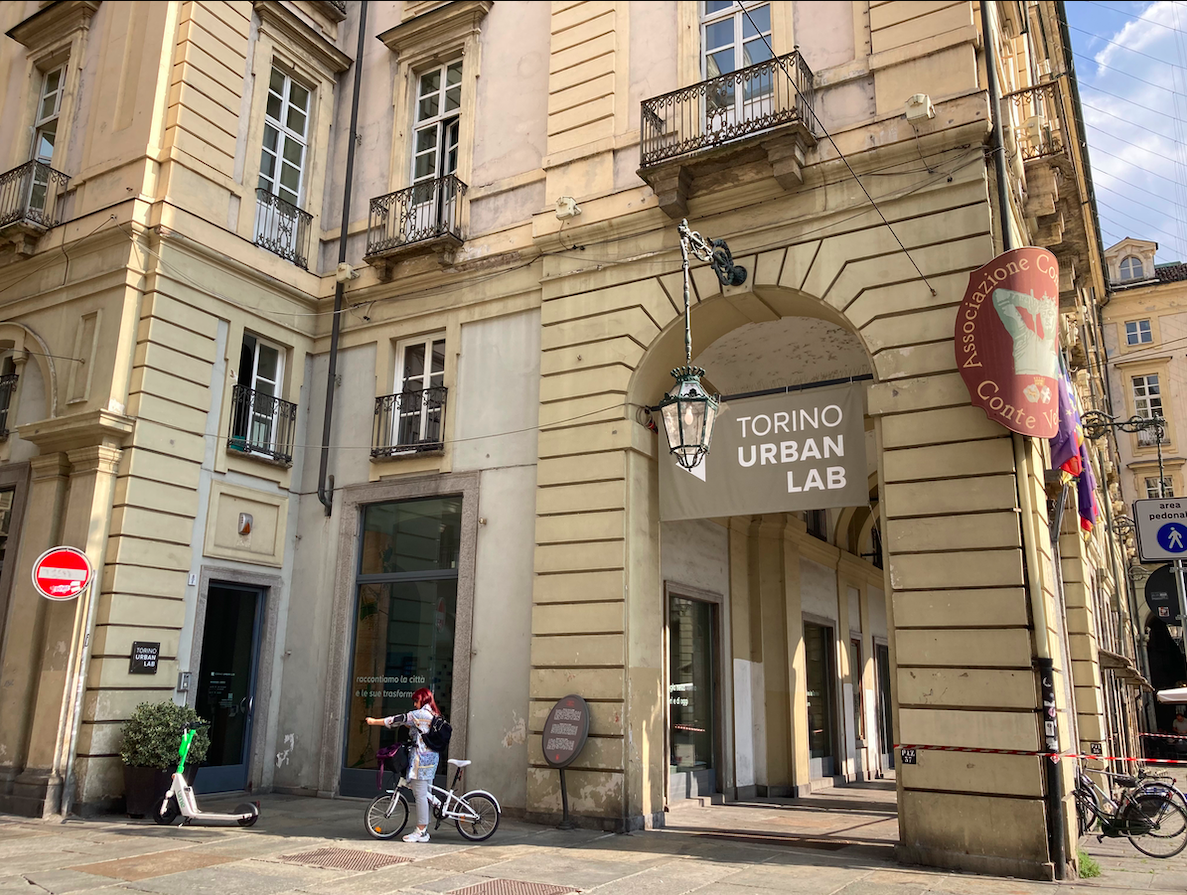
Urban Lab Torino is an independent association that tells the story of the large-scale transformation of Turin and its metropolitan area. Working closely with the
Cooperative City Budapest is a non-profit Ltd focusing on research, policy and advocacy, helping civic involvement in urban transformation processes. Projects Young People for Resilient
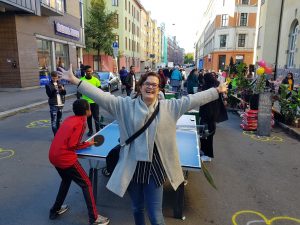
In the last decade, cities across Europe have seen an increasing number of innovative actions taking place on different scales: from the district, to the
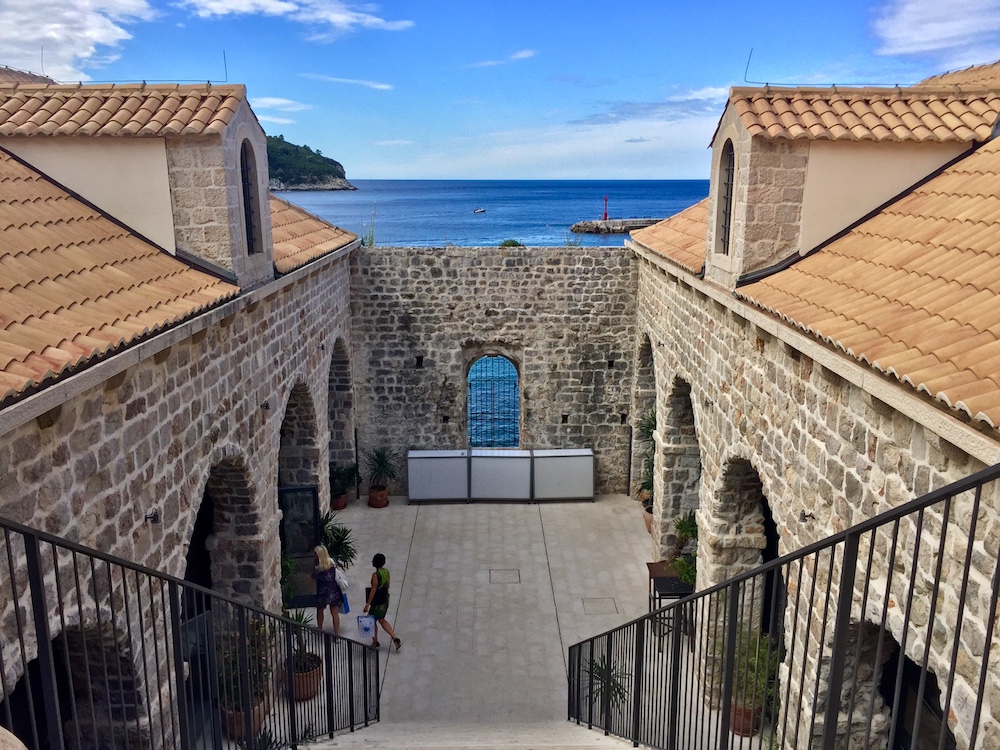
In 2018, the Croatian Ministry of Culture announced a project tender for the development of social-cultural centres in Croatia, based on participatory governance and public-civil

How to plan a new cultural venue in a district already rich in cultural life? How can a new cultural institution help to connect existing
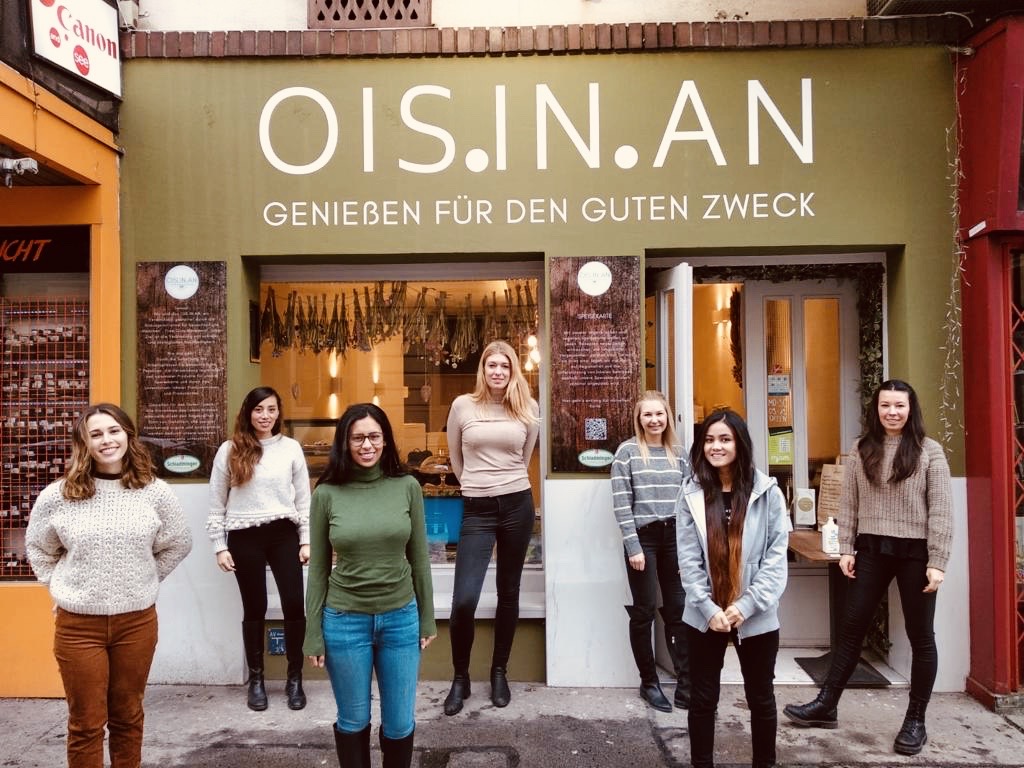
In the centre of Vienna, a small commercial space is trying to make a difference working with a social and sustainable oriented mission. Ois In
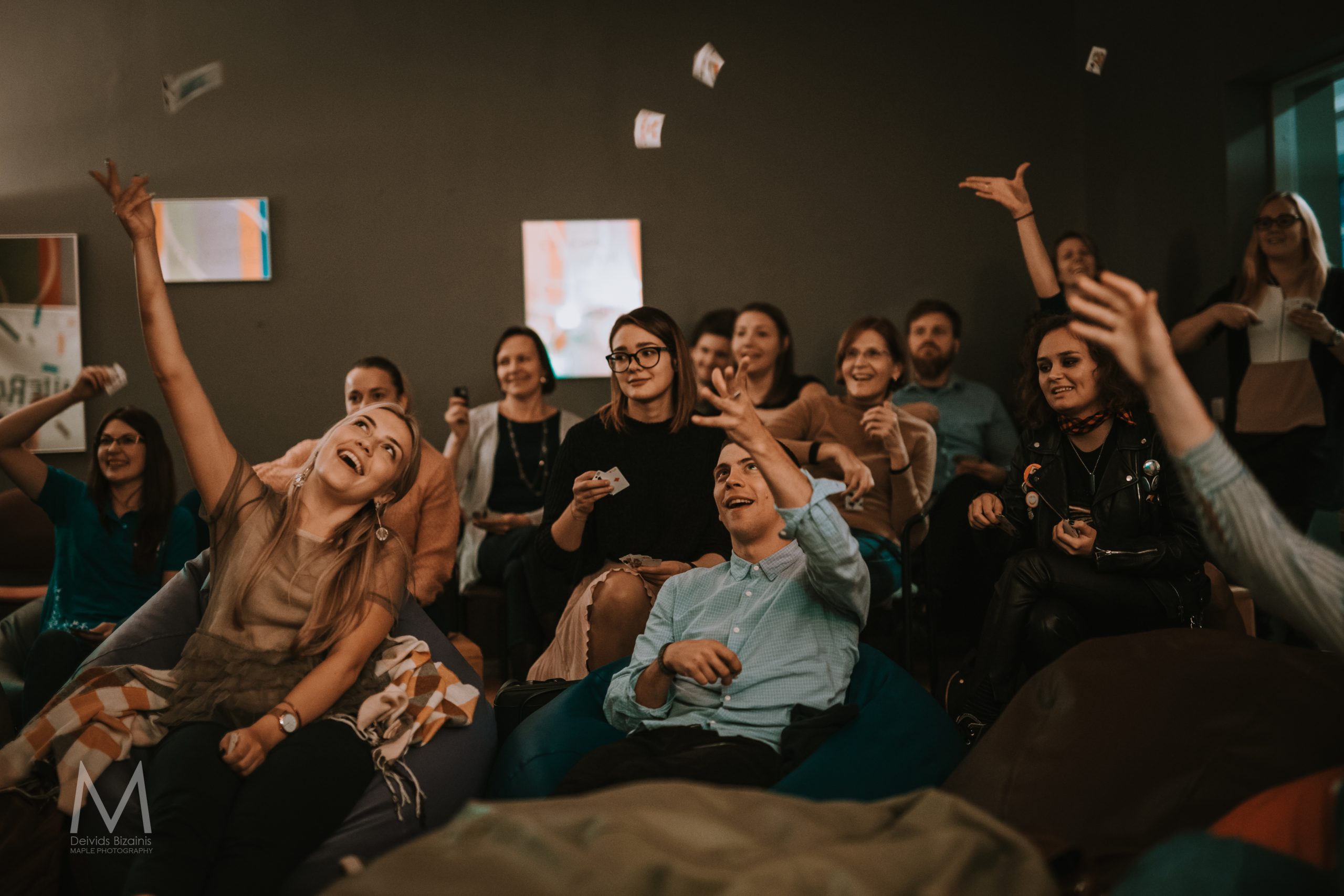
Riga’s Youth Centre KAŅIERIS is a non-formal learning and inclusive collaboration space for young people and their organisations to gain knowledge and skills, as well

Prato Urban Jungle (PUJ), a project launched by the city of Prato, funded by the Urban Innovative Actions (UIA) programme, will regenerate selected districts of
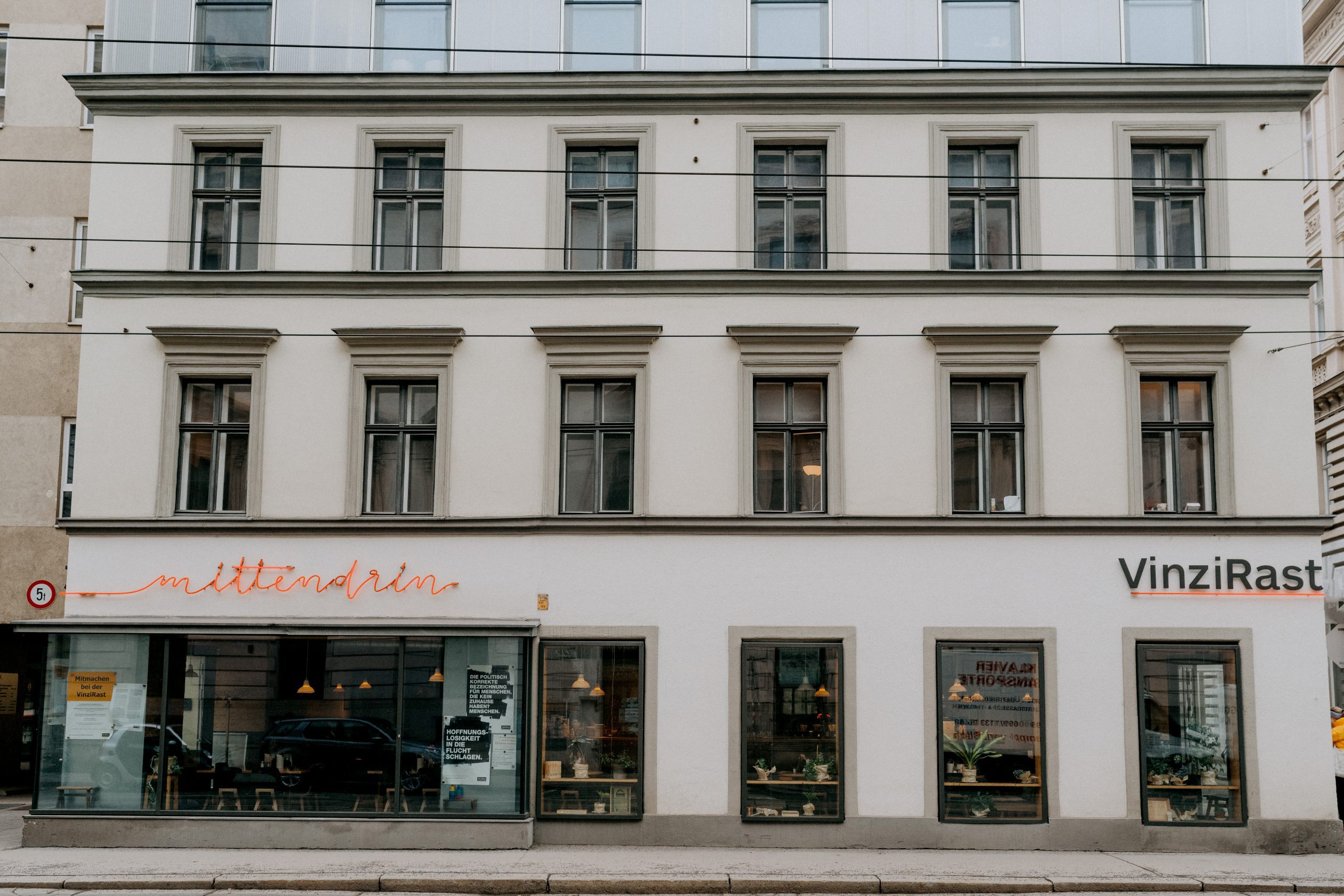
The social initiative VinziRast is an ambitious volunteer-based organisation that aims to give a second chance at life for refugees and formerly homeless people through various
Policies for a City of Solidarity: Observations Solidarity City is a media project by Cooperative City Magazine to promote and strengthen social and solidarity economy
What is Solidarity City Solidarity City is a media project of Cooperative City Magazine to promote and strengthen social and solidarity economy practices throughout Europe.
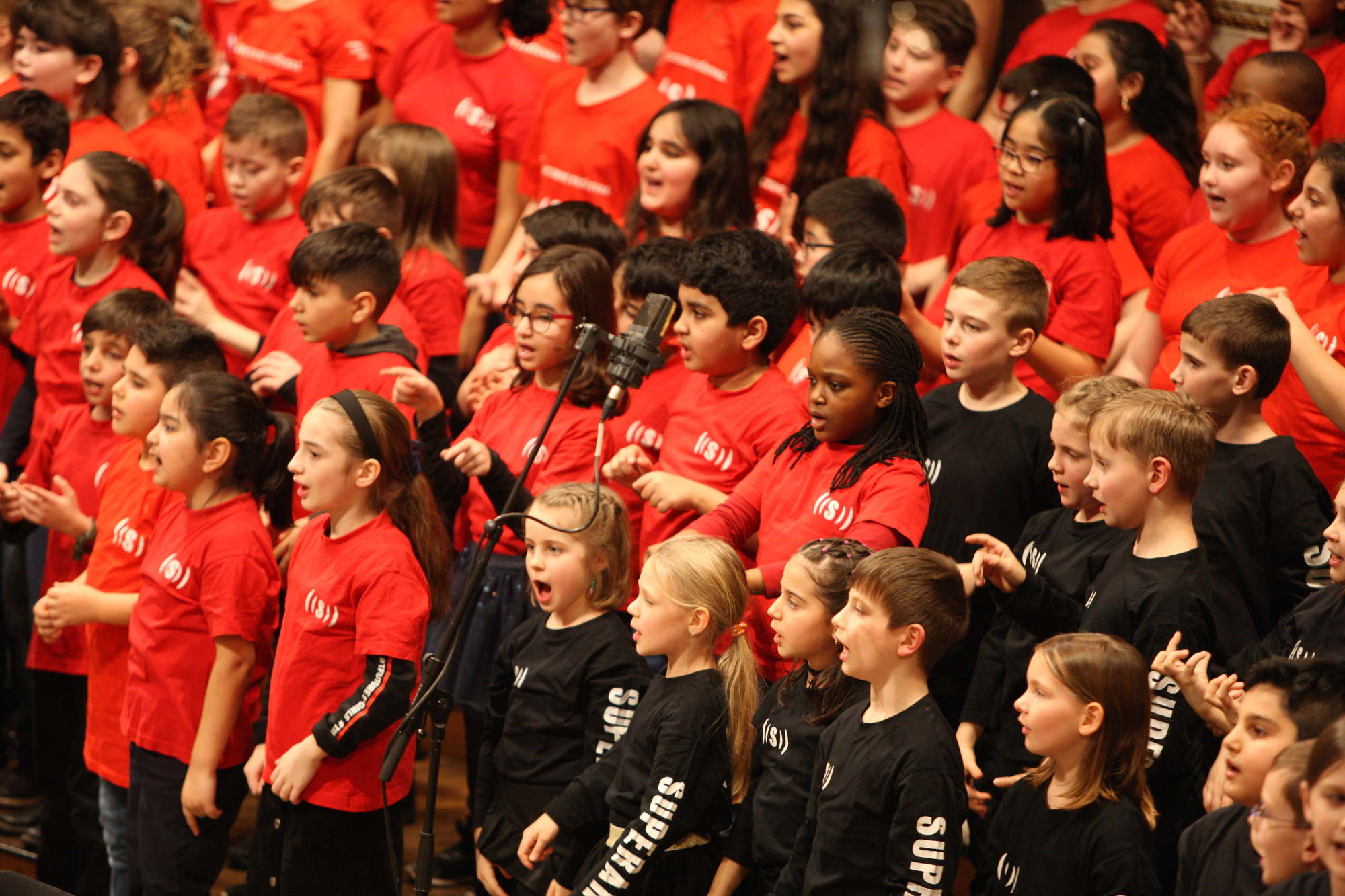
In a city often regarded as the capital of classical music, a city rich in culture with renowned museums and an important contemporary arts scene,
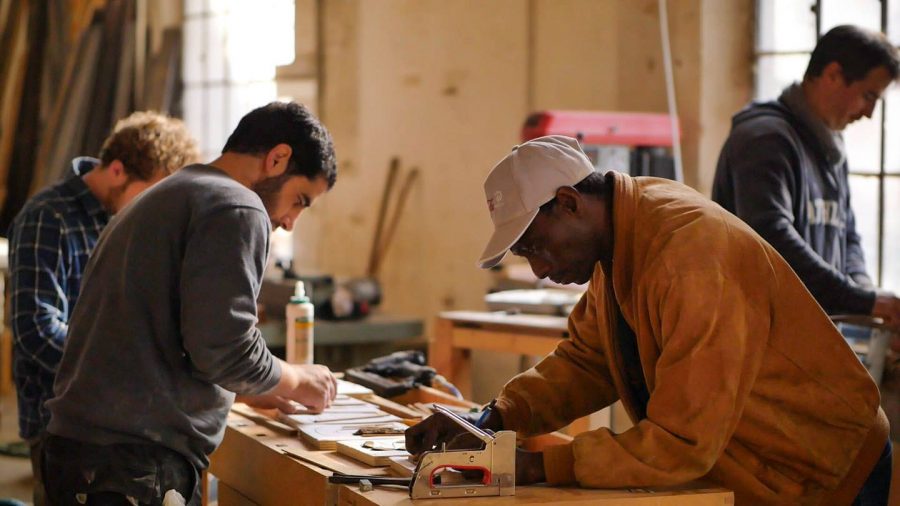
Nut & Feder is a Viennese carpentry shop, a social business, that supports the integration of asylum seekers through work with local carpenters. This peer-to
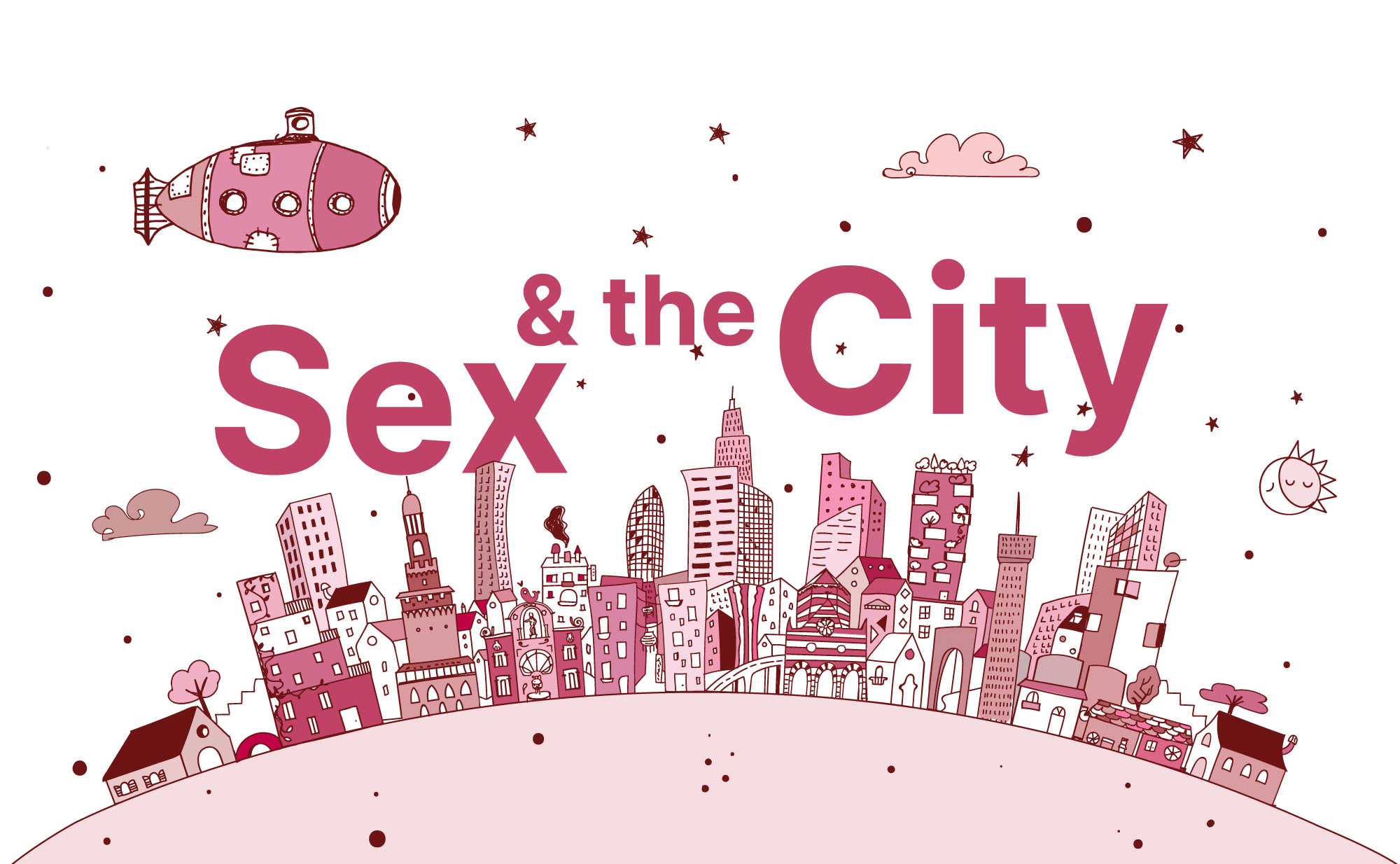
Sex & the City, a gender perspective on urban space is a research project that gathers missing yet much needed data on how different genders
Solidarity City is a media project of Cooperative City Magazine to promote and strengthen social and solidarity economy practices throughout Europe. Taking Vienna as its
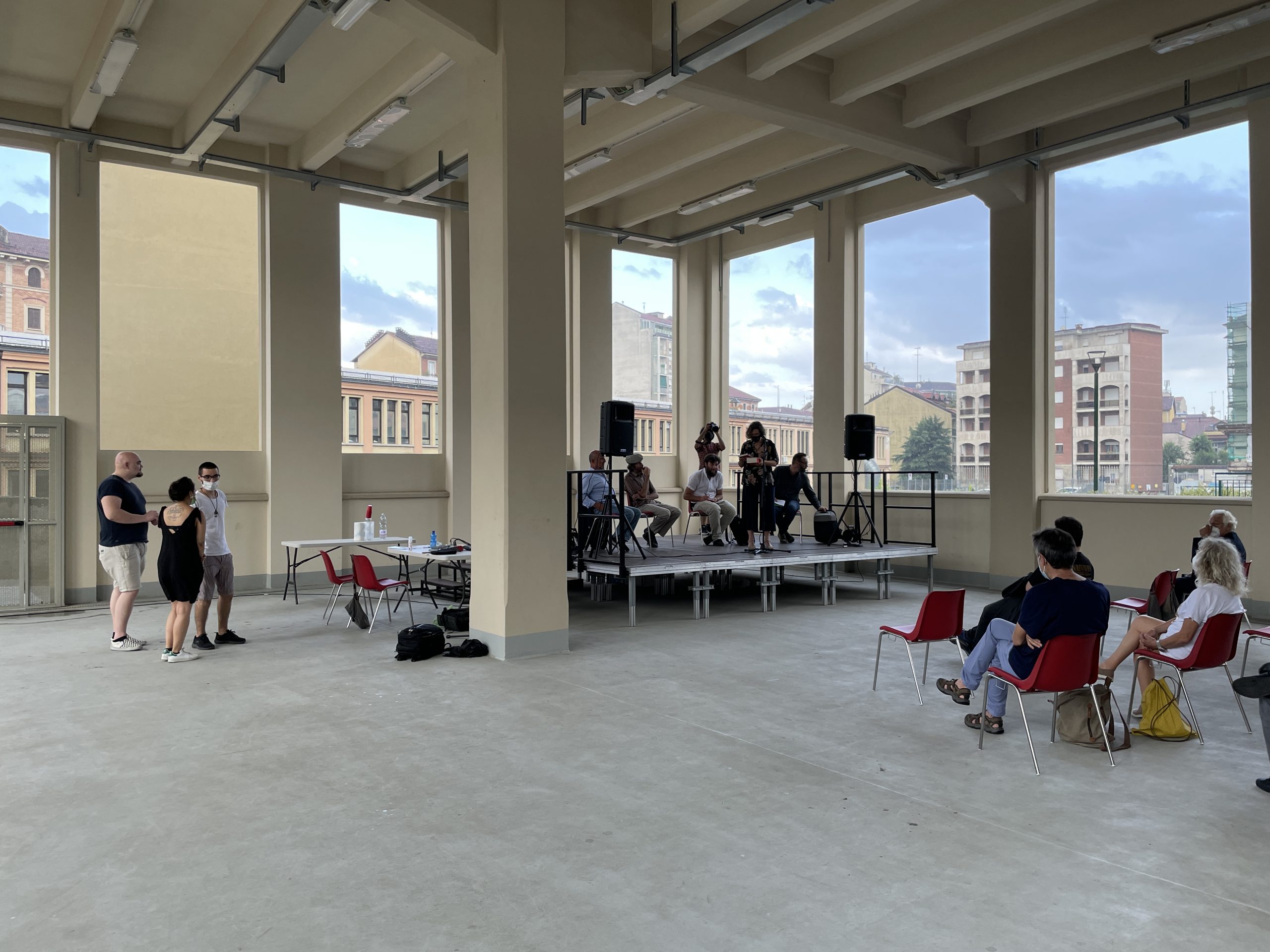
Local communities and their local governments have two possible ways to cooperate. One is centred upon the use of public procurement for social purposes. The
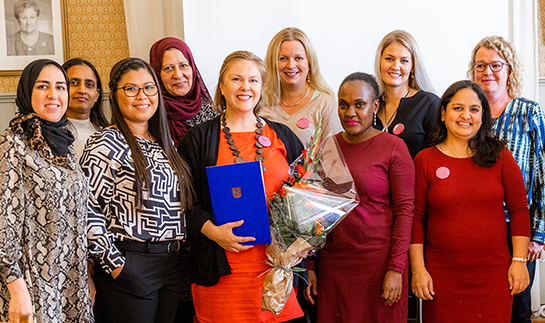
Neighbourhood Mothers (Naapuriäiti in Finnish) is a social inclusion programme that is reaching out to women who moved to Finland and encouraging them to become
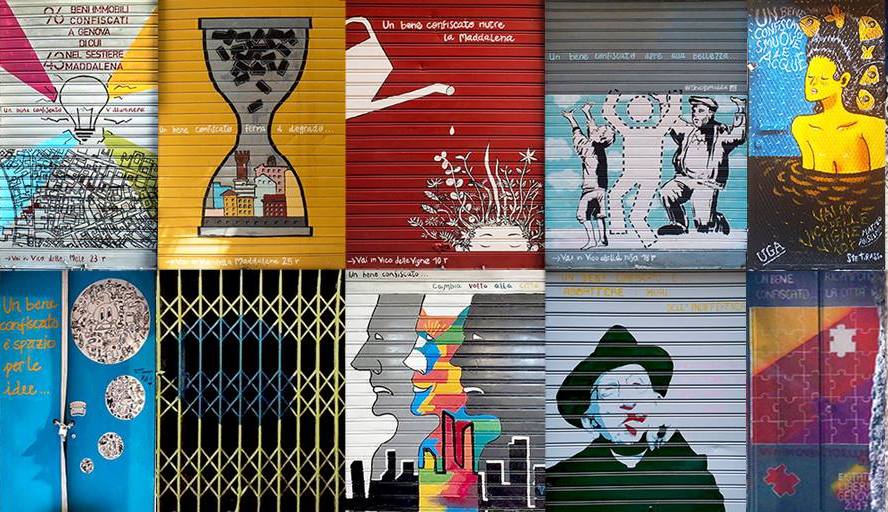
Confiscation is an asset security measure consisting in the expropriation, in favour of the State, of something which has been used to commit an offence
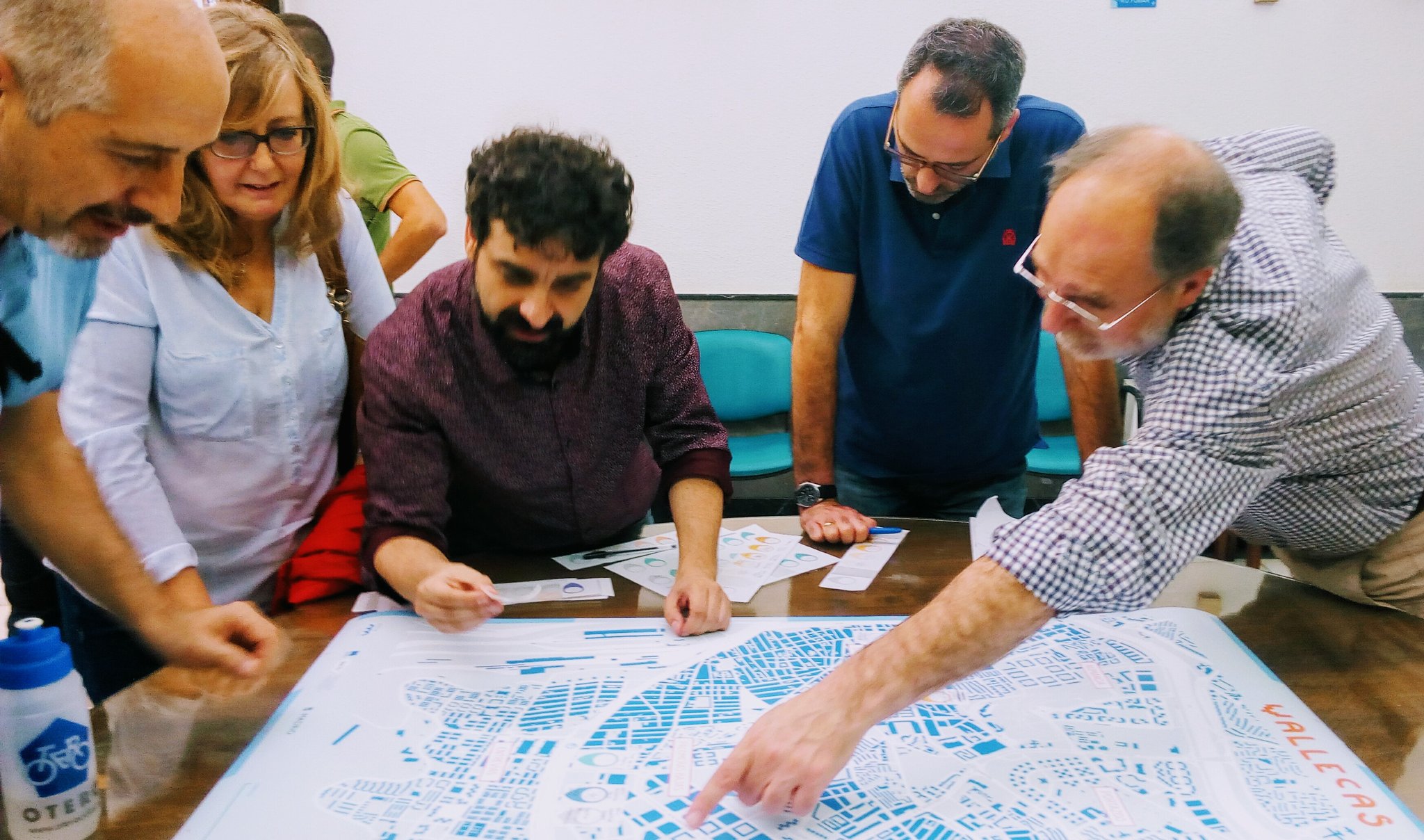
When we undertake any type of project, of whatever nature, it is more necessary than ever to be able to count on natural allies for
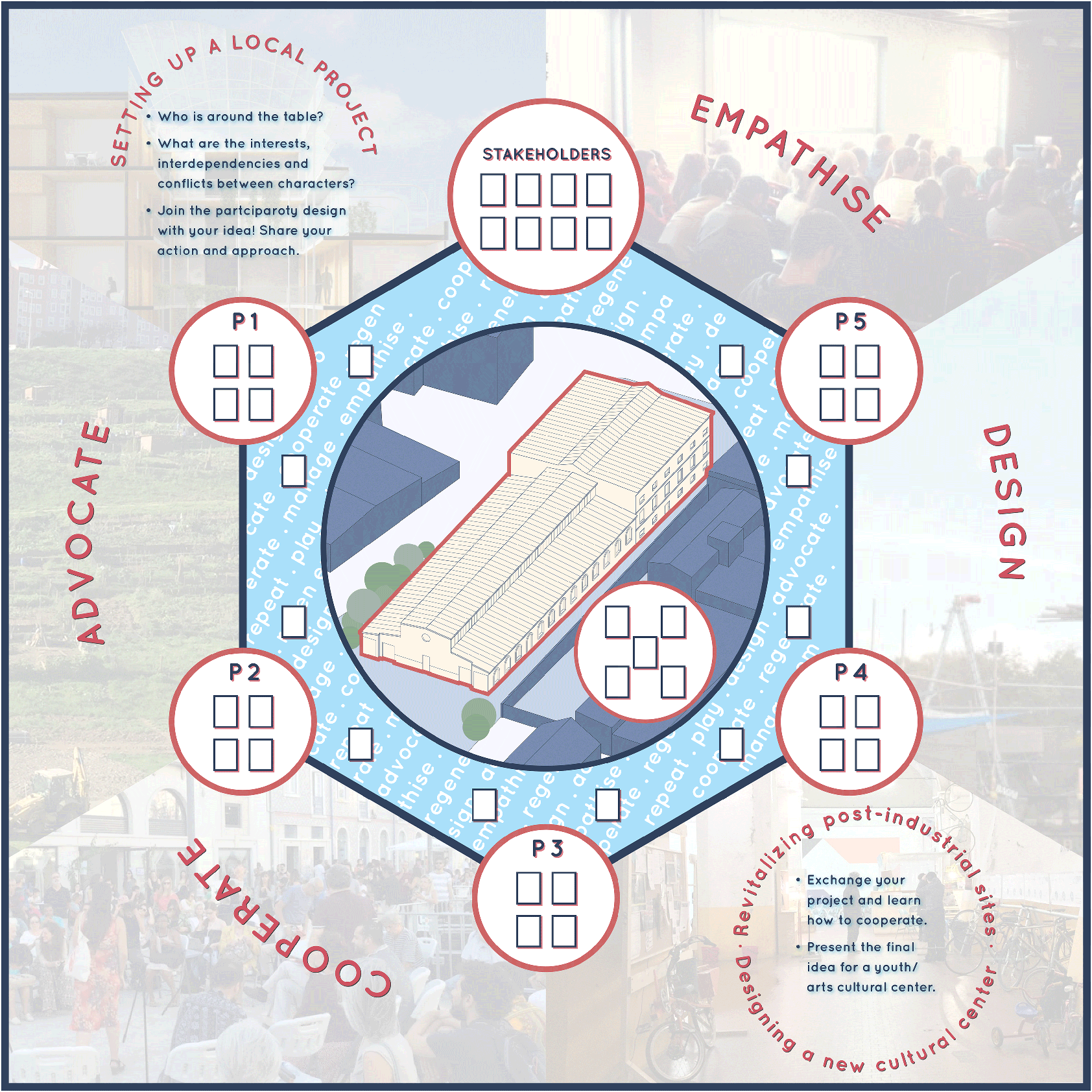
Living and working in times of physical distancing and – sometimes forced – digitalisation cannot always be about video meetings via Zoom, Skype or other
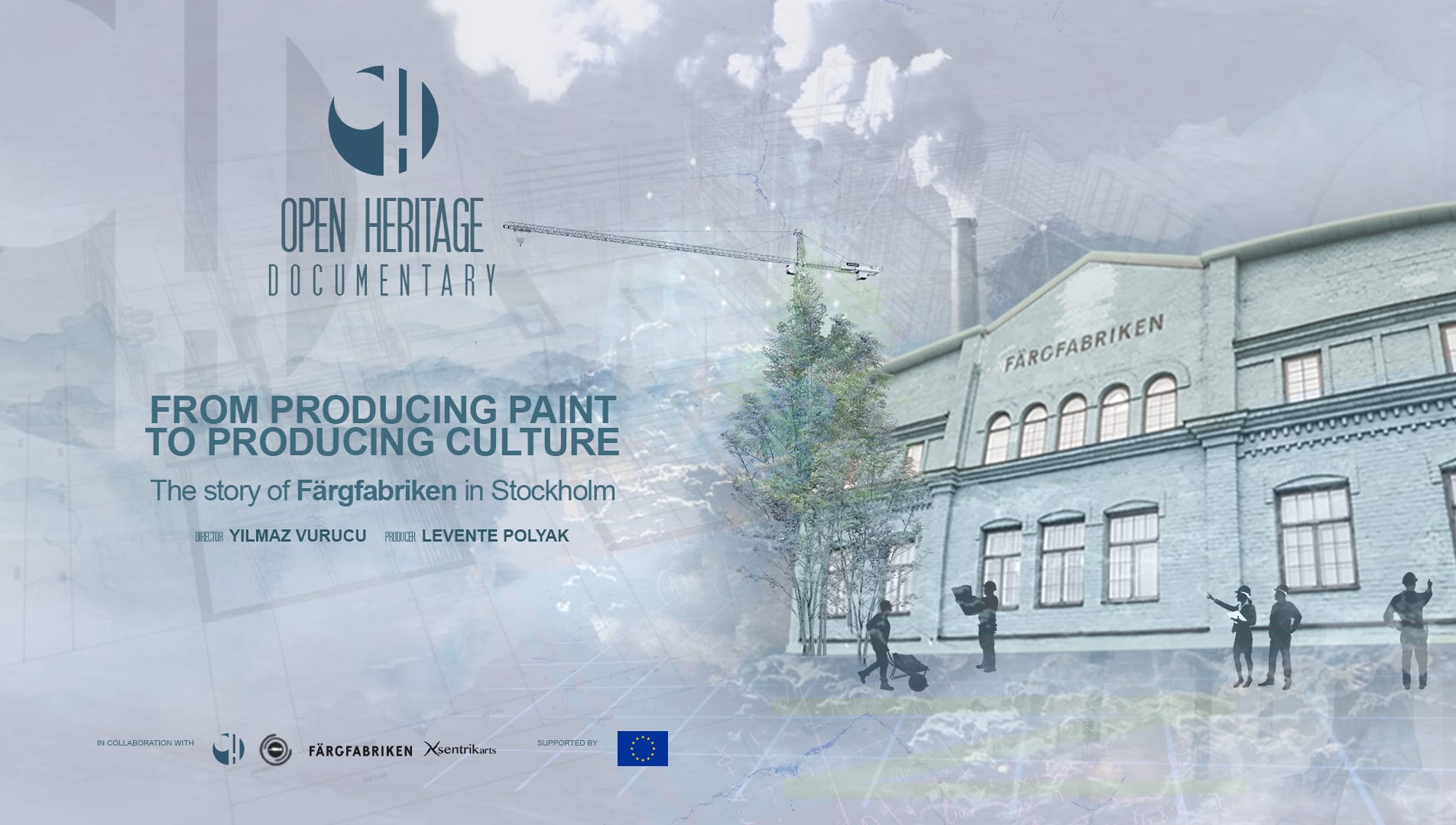
Färgfabriken is a platform and exhibition venue for contemporary cultural expressions, with an emphasis on art, architecture and urban planning established in an industrial building built in 1889. The building previously accommodated a paint factory, from which it also borrowed its name. Since its creation, Färgfabriken has not only become a key cultural institution in Stockholm, but has also pioneered a model of building inclusive, participatory processes through art and dialogue. Färgfabriken has a great impact on the development of the surrounding area and on the inclusion of a great variety of stakeholders in decision-making processes.

A four-storey historical building in the heart of Vienna that houses bicycle, woodworking and sewing workshops, a restaurant serving international cuisine and a café hosting
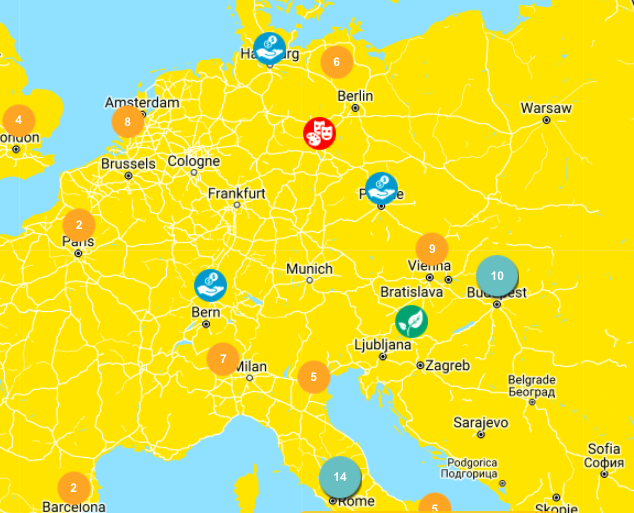
Realising the need to create international dialogue on handling the COVID-19 crisis at the local level, Eutropian launched a weekly webinar to connect activists and
What is the Magazine about? Cooperative City Magazine brings its readers the stories of collaborative urban development processes in different areas in Europe.It is a
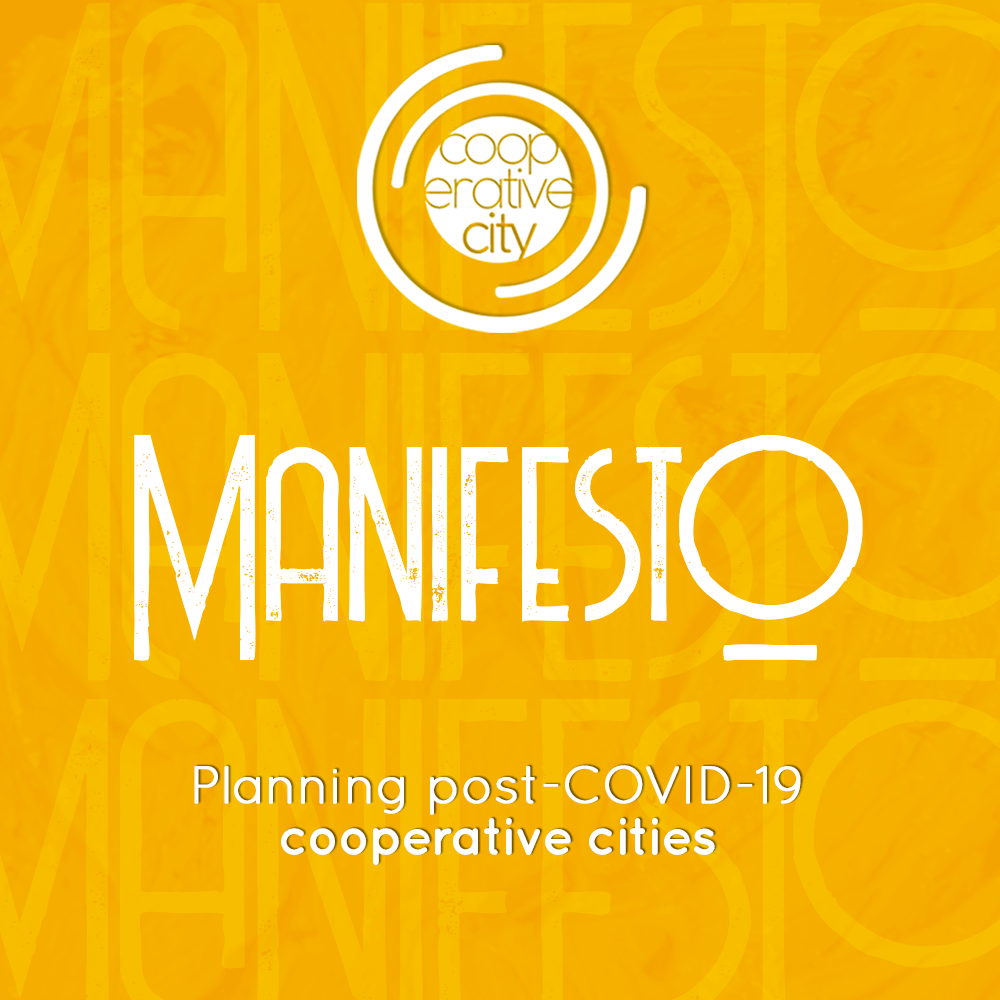
Planning post-COVID-19 cooperative cities Building on existing efforts towards social economy We advocate for existing knowledge, policy recommendations and financial resources to be geared towards
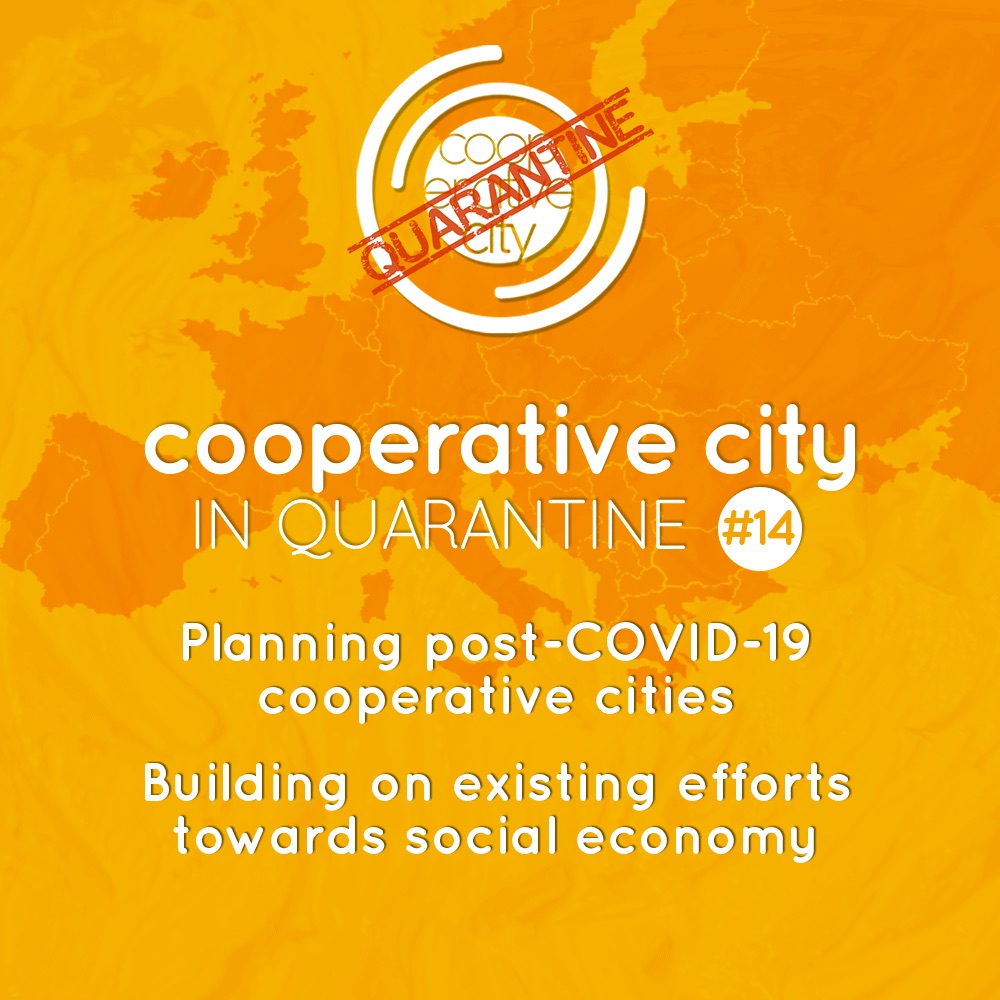
During the first weeks of the lockdown we noticed that there was little or no exchange across nations about how to respond to the emerging
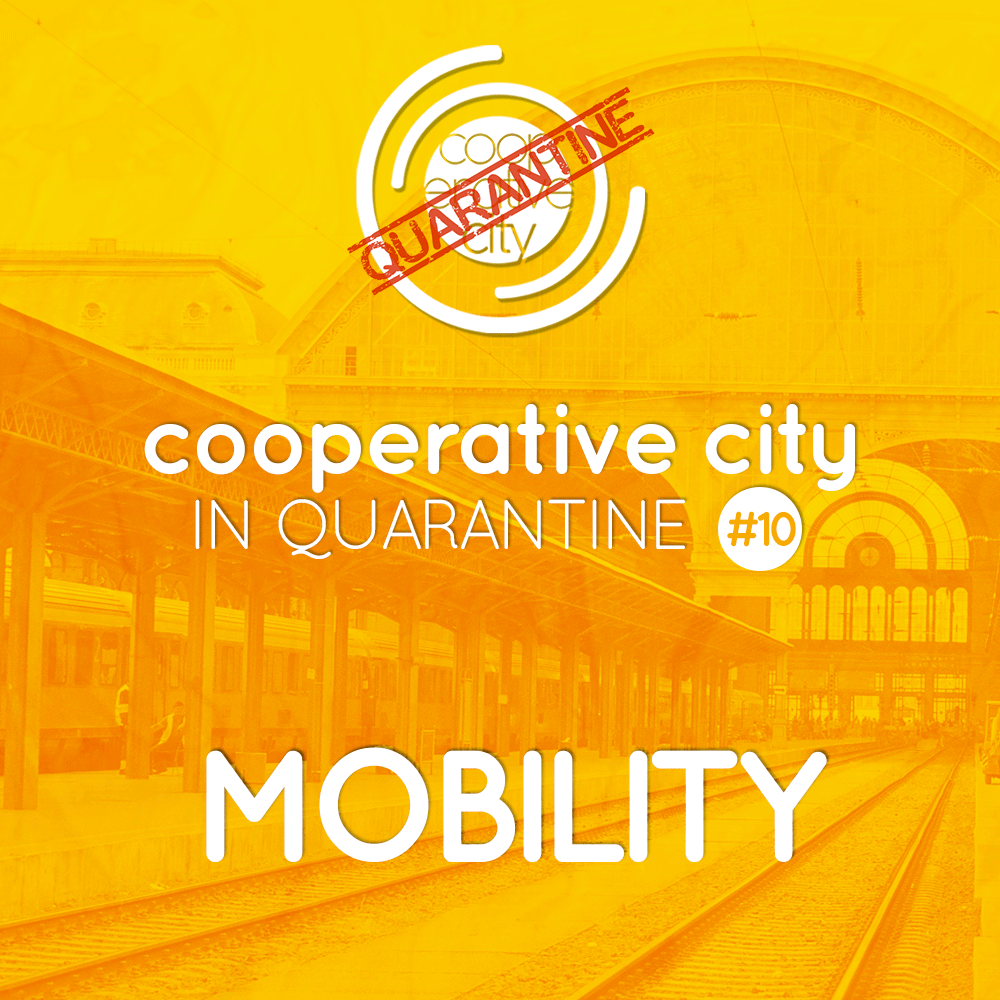
The Covid crisis is changing our lives, and mobility is definitely going to be one of the hottest topics – and one of the most

The COVID-19 crisis has exposed the vulnerability of many disadvantaged social groups. Among these groups, refugees and asylum-seekers are particularly at risk, with limited visibility
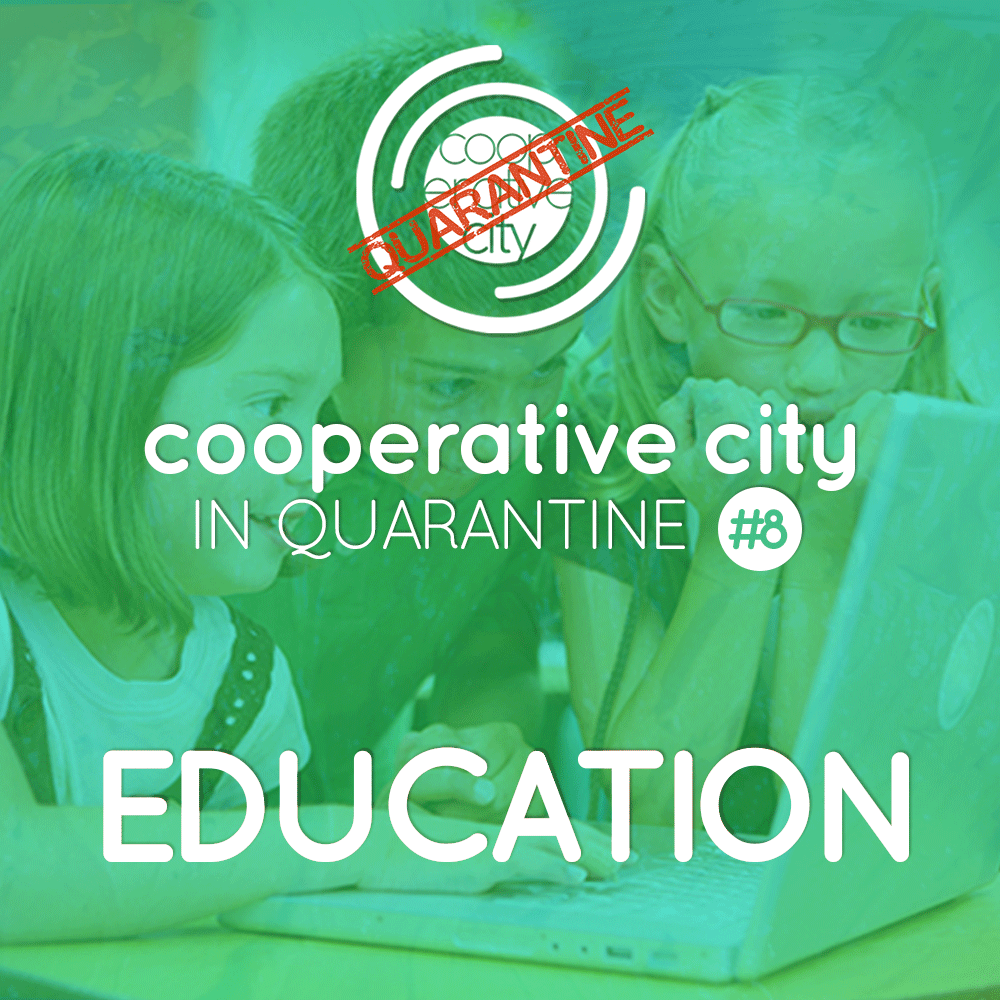
What is the role of e-learning in schooling and education, and what are the challenges and opportunities we are seeing by this very swift digital

Given the current situation, more than 200 million people could become unemployed as a result of this crisis. Not everyone can work home, and disadvantaged
#2 Placemaking at the street-level We discuss how tactical urbanism, notably street-level experiments can lead to systemic sustainable transition at the city-level. Watch video #1
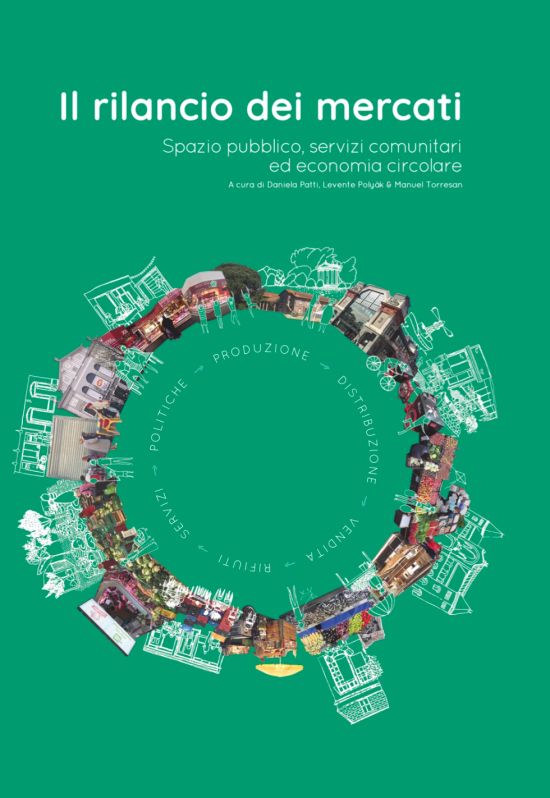
I mercati rionali sono spazi pubblici per eccellenza: luoghi di incontro, punti di scambio ma anche centri di aggregazione. Oggi sono però spazi in grande sofferenza, con pochi operatori attivi, forte competizione da parte della grande distribuzione e sempre meno abitanti che entrano per socializzare e comprare i beni di prima necessità. Che forma possa prendere il futuro dei mercati non è però una cosa semplice da immaginare e il tema è infatti stato oggetto di vari incontri nel corso degli ultimi anni con un numero crescente di persone. Alcune delle domande emerse vertono sulla possibilità del mercato di riprendere un ruolo centrale all’interno di una politica pubblica alimentare. Possono i mercati diventare degli snodi all’interno di una filiera corta del cibo? Possono i prodotti delle terre pubbliche gestite da cooperative di giovani agricoltori trovare un canale di vendita preferenziale nei mercati rionali? Possono i Gruppi di Acquisto Solidale (GAS) avere uno spazio di smistamento negli stalli mercatali? Può il mercato integrare servizi di consegna a domicilio o di acquisto online? Possono i rifiuti organici essere raccolti nei mercati e portati nelle aziende agricole per diventare compost?

Progettare città cooperative post-COVID-19. Mettendo a valore gli sforzi compiuti nell’Economia Sociale Vogliamo che in tutta Europa le

Nel corso delle prime settimane di lockdown ci siamo resi conto che fra i paesi colpiti dalla crisi seguita alla diffusione del Covid-19 non
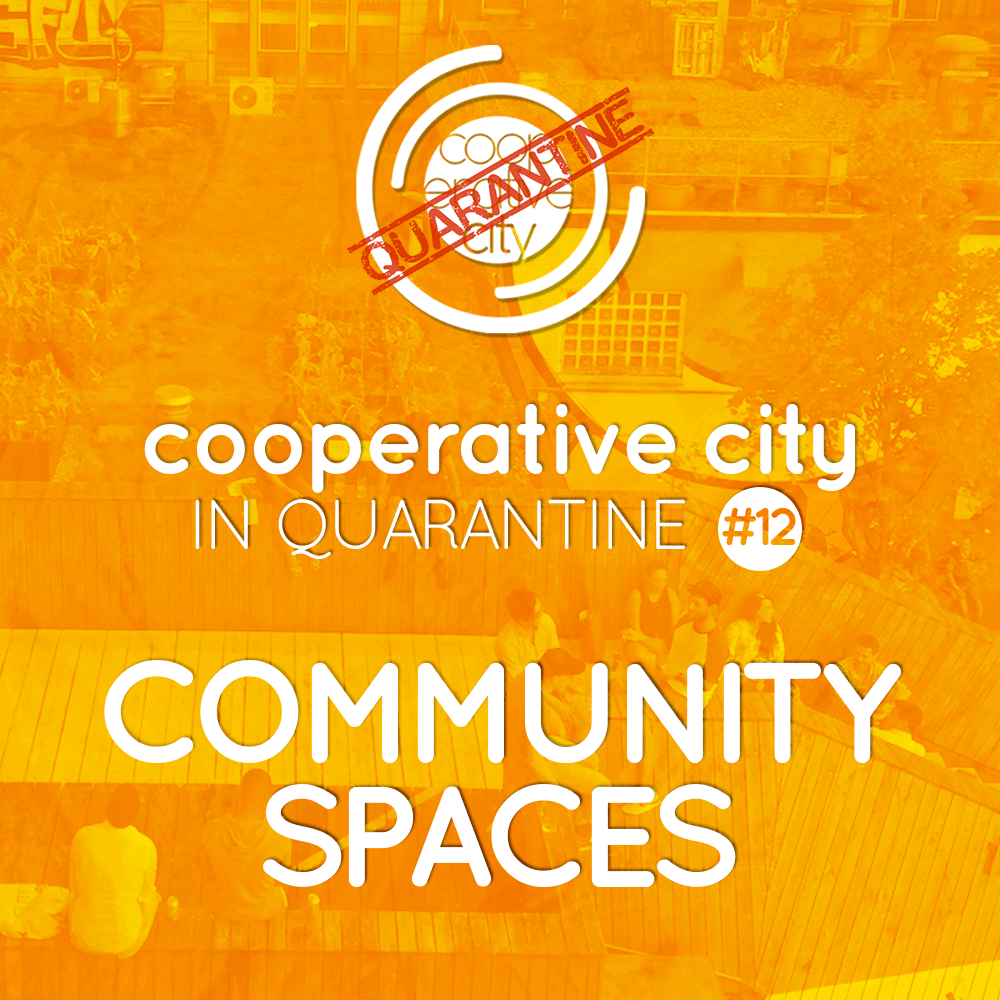
Fin dalla crisi economica del 2008, le città europee si sono trovate ad affrontare una vera e propria rivoluzione dei processi di sviluppo a guida

La crisi Covid sta cambiando la nostra vita, e la mobilità è certamente fra i temi più caldi – nonché una delle sfide più importanti

La crisi dovuta al Covid-19 ha fatto venire alla luce in modo ancora più evidente la condizione di vulnerabilità di molti gruppi sociali svantaggiati. Fra

Qual è il ruolo dell’e-learning nell’istruzione e nell’educazione, e quali sfide ed opportunità ci troviamo ad affrontare a seguito del rapido cambiamento delle infrastrutture digitali

Alla crisi Covid-19 potrebbero seguire ad oggi oltre 200 milioni di disoccupati. Non tutte le persone, infatti, sono in condizione di poter lavorare da casa, e

How can a complicated, abandoned parcel of land in a dense urban tissue gain new life through gardening and housing? Ferme du Rail is an
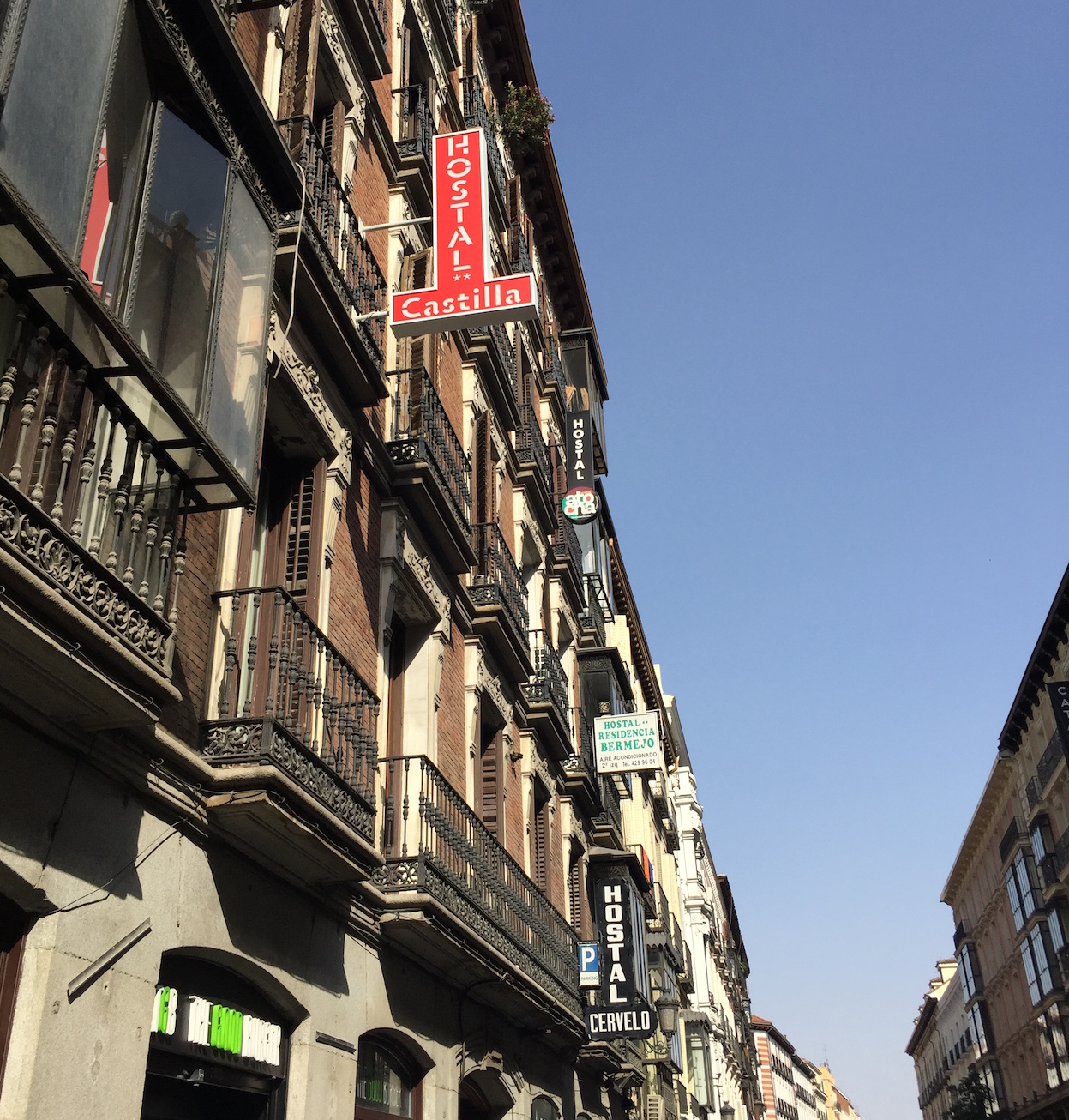
The extractive nature of mass tourism is made possible by tourist behaviour, missing regulations and lacking alternatives. There has been very little work done to
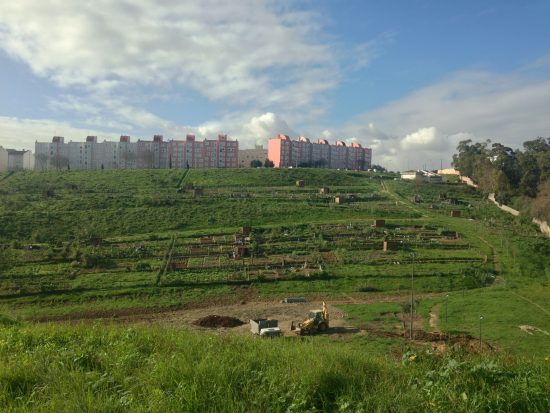
Based on the experience developed over the past ten years in Lisbon, the Bip/Zip program is currently at the basis of the URBACT Transfer Network
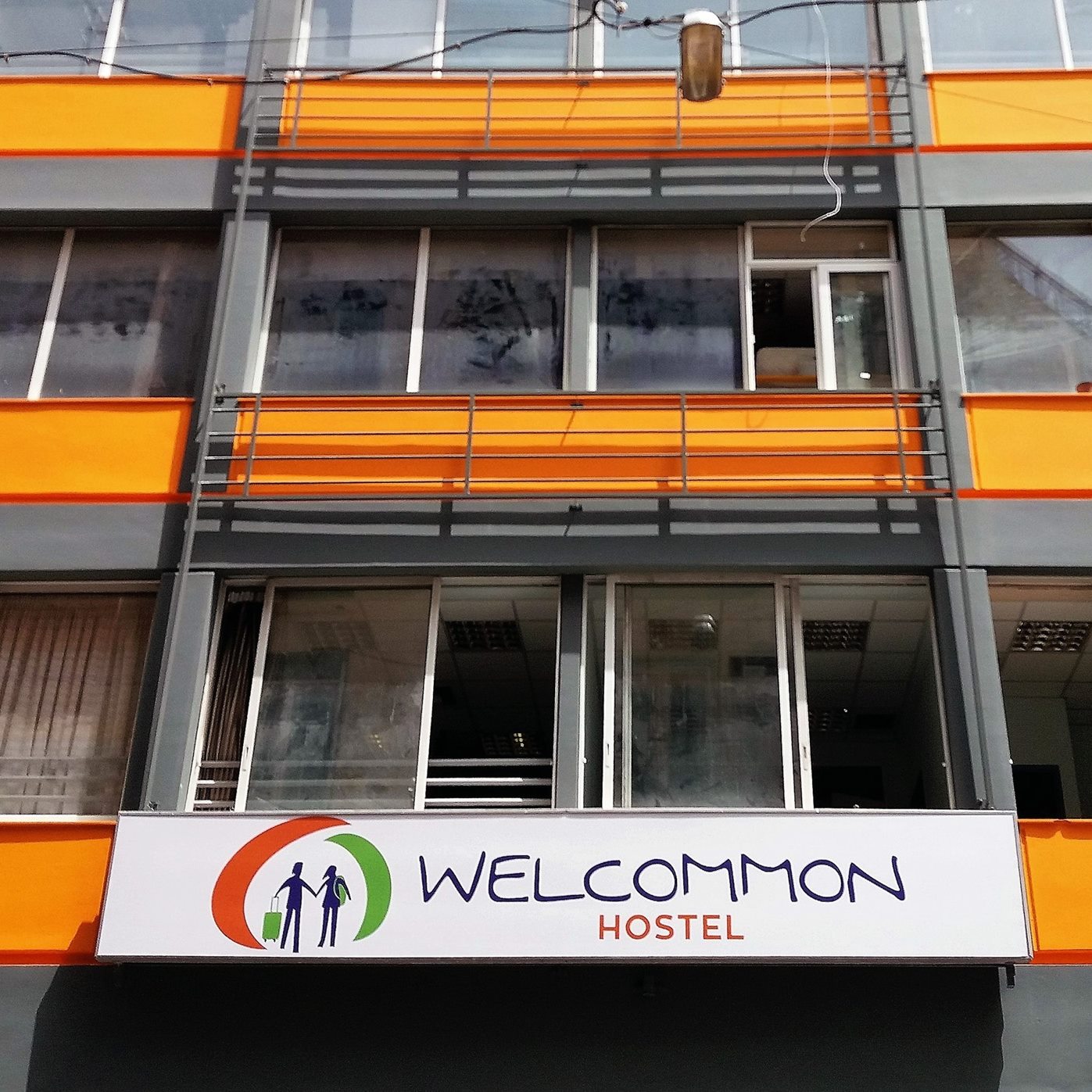
The Welcommon Hostel is a responsible hostel using tourism revenues to invest in social activities. First converted from a hospital into a refugee shelter, the
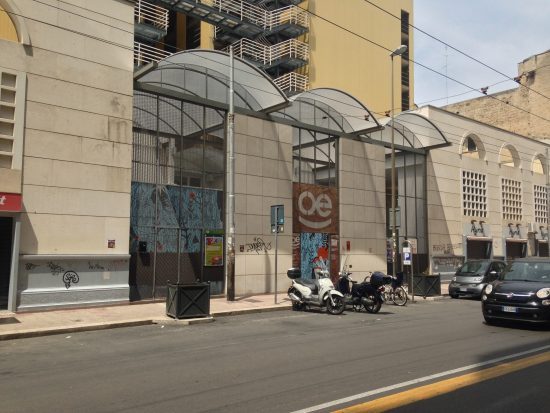
The City of Bari joined the Com.Unity.Lab Urbact network to be inspired by the Bip/Zip program to improve its local strategy. In this interview Vitandrea
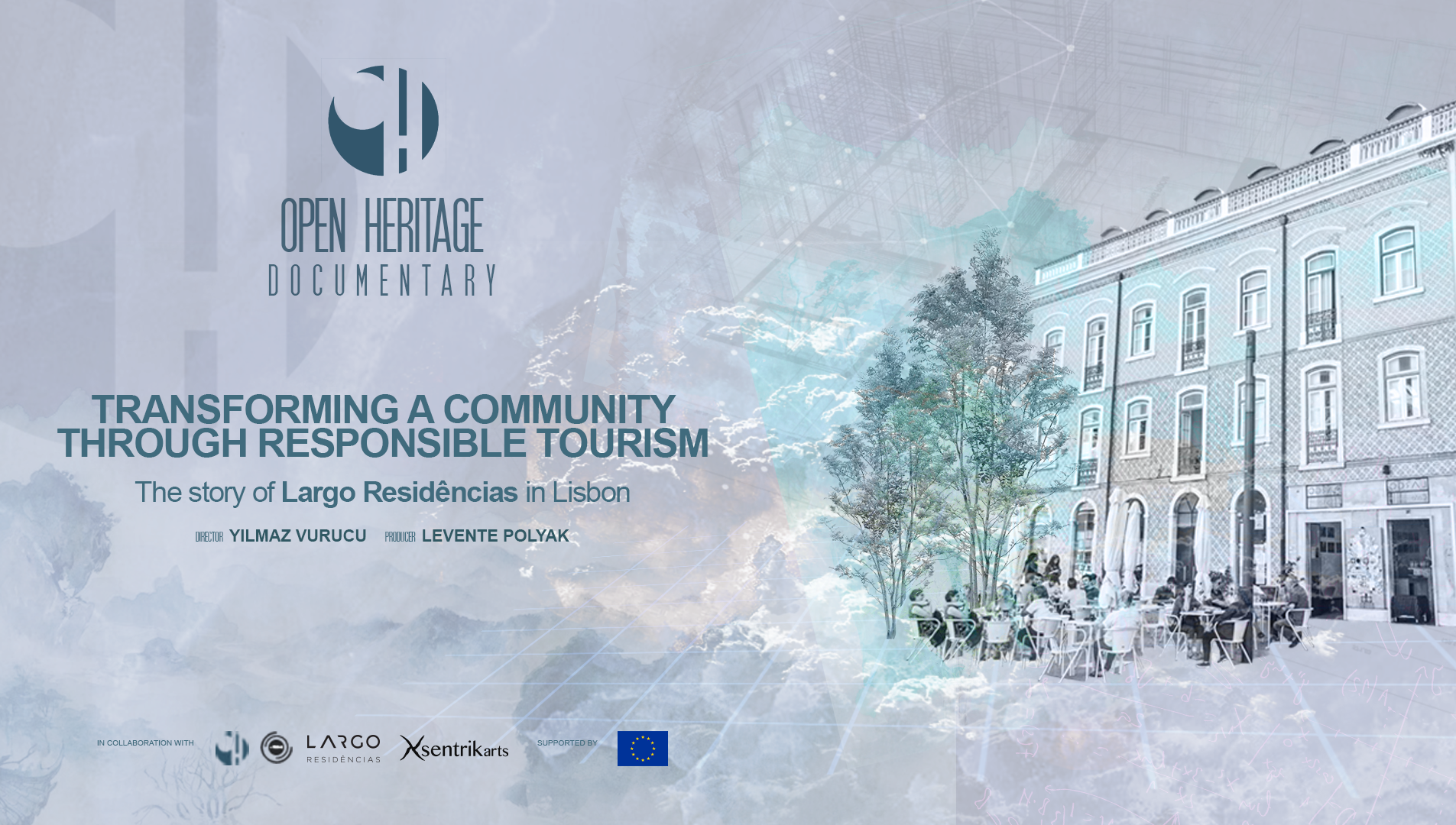
Largo Residências is a hostel, hotel, artist-in-residence and café in Lisbon’s fast-changing Intendente neighbourhood. Largo Residências, run by a cooperative, uses its revenue from tourism and events to develop projects to support the cultural and social inclusion of the most vulnerable groups. In the past years, Largo has become a social net for many of the area’s residents and a community as well as a community hub, leading the discussion about Lisbon’s touristification and gentrification. Endangered by the tourism-driven real estate development transforming the city’s historical areas, Largo has been working on opening new spaces for its activities.

The cooperative L’Olivera manages agriculture projects with social impact in the countryside outside Barcelona. Last autumn we visited Masia Can Calopa, where L’Olivera has cultivated

Ecomuseo Casilino is a museum that operates beyond the standard walls of a museum. The Associazione Culturale Ecomuseo Casilino Ad Duas Lauros is committed to
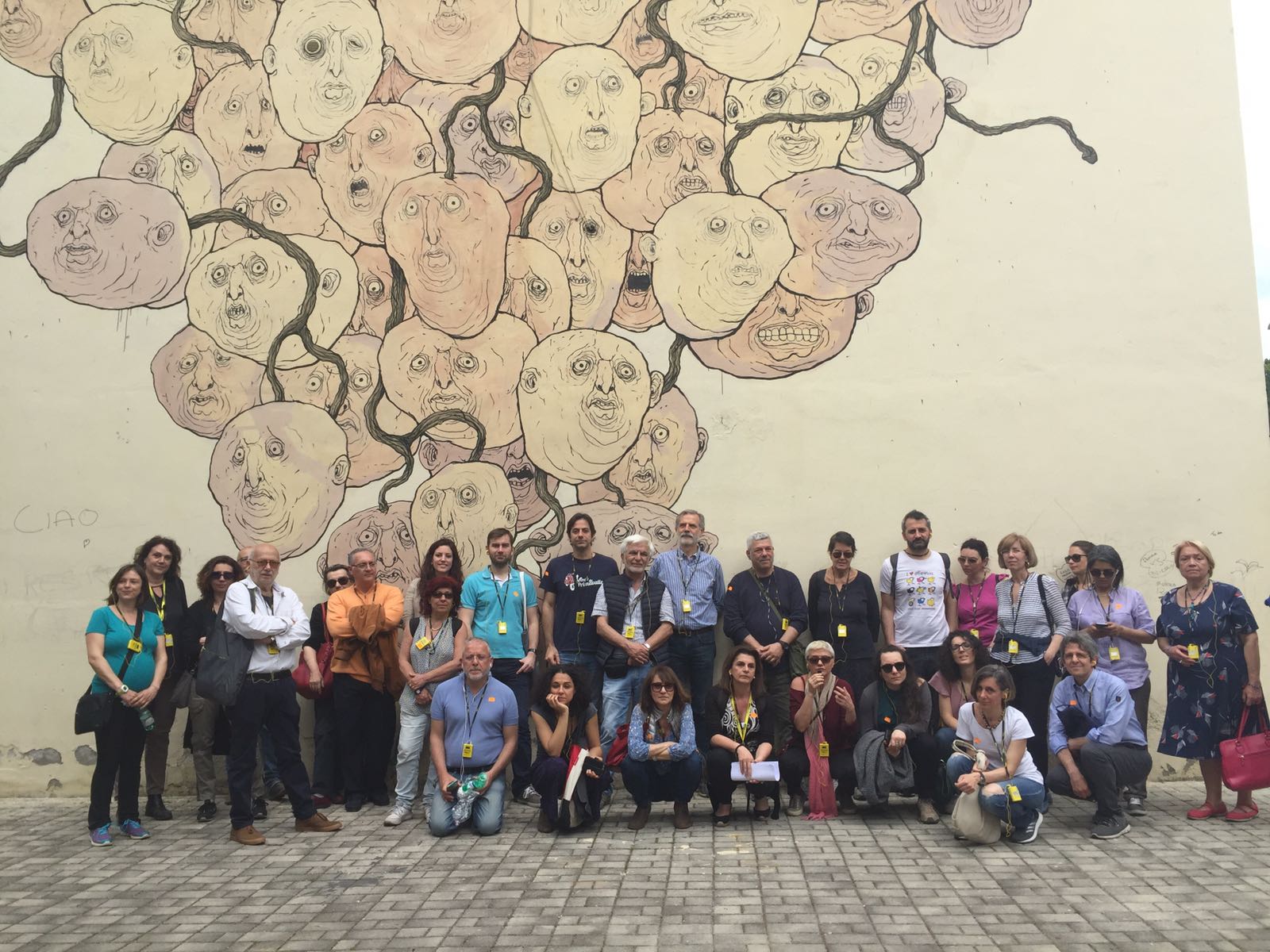
PER UN TERRITORIO CHE LAVORA Attrarre risorse per attivare il territorio Le politiche di sviluppo territoriale dal 1800 in poi in Europa sono state fortemente
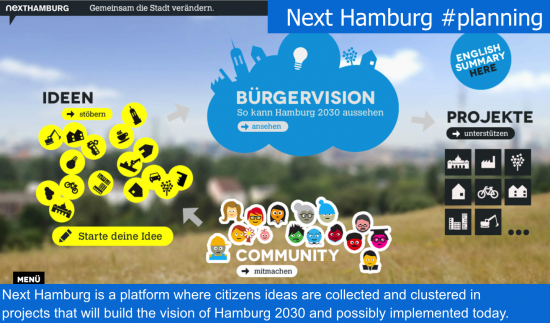
With today’s European cities hosting most of the continent’s population and urban areas being the stage for many of contemporary conflicts such as social inequality,
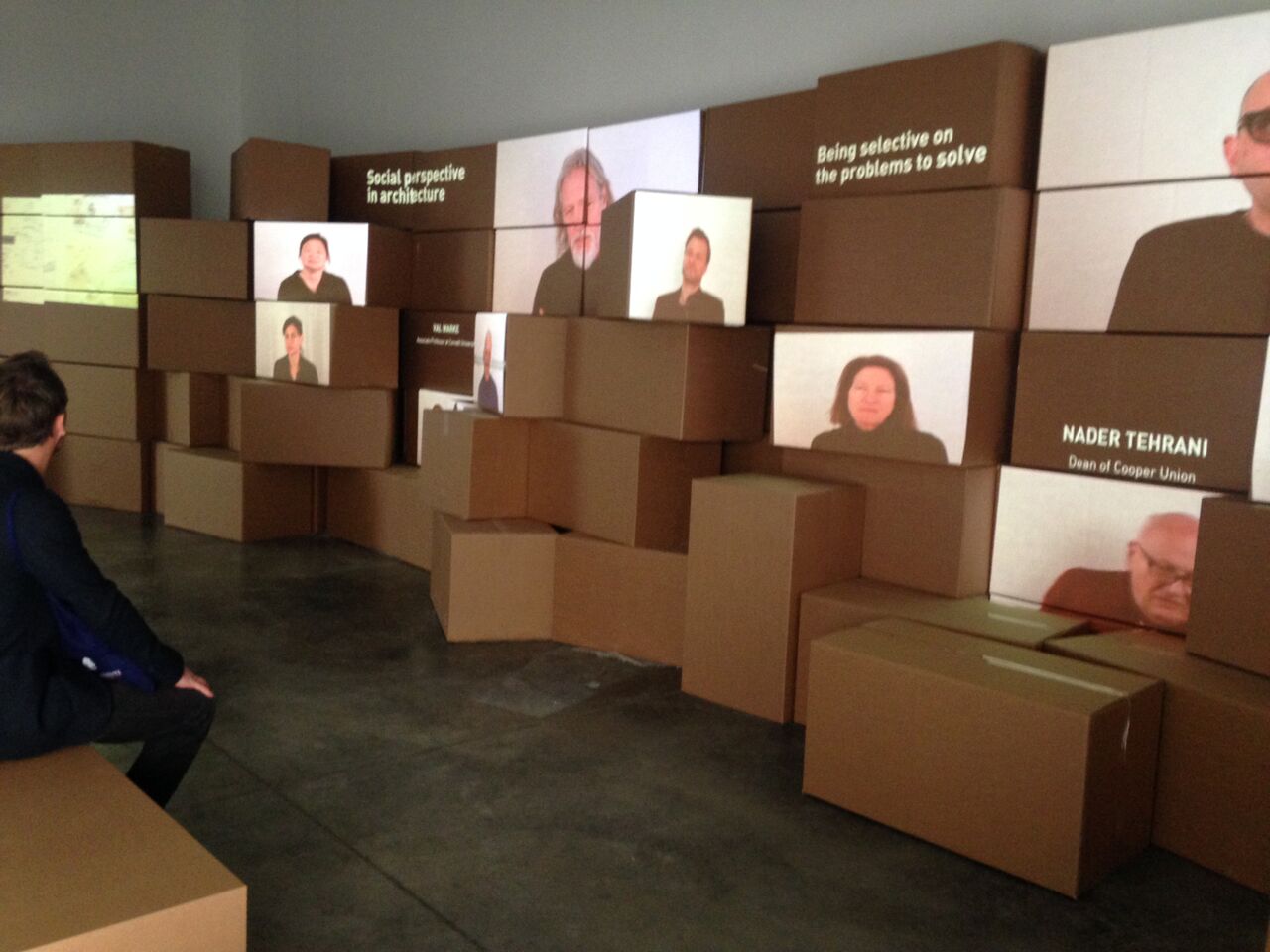
The US presidential election results came as a surprise to many of us especially because we hadn’t encountered any testament of sweeping support towards the
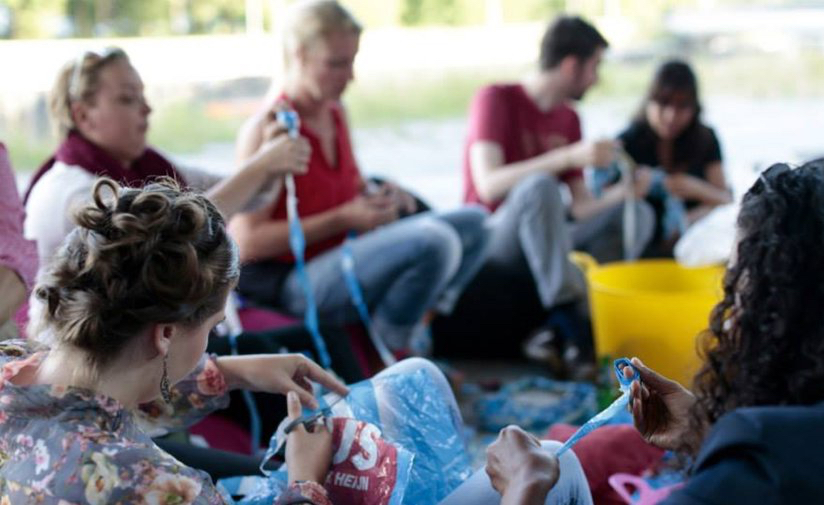
Based in Amsterdam since 2008, CITIES Foundation has been working to address global urban development problems by implementing solutions at the local level. CITIES first research
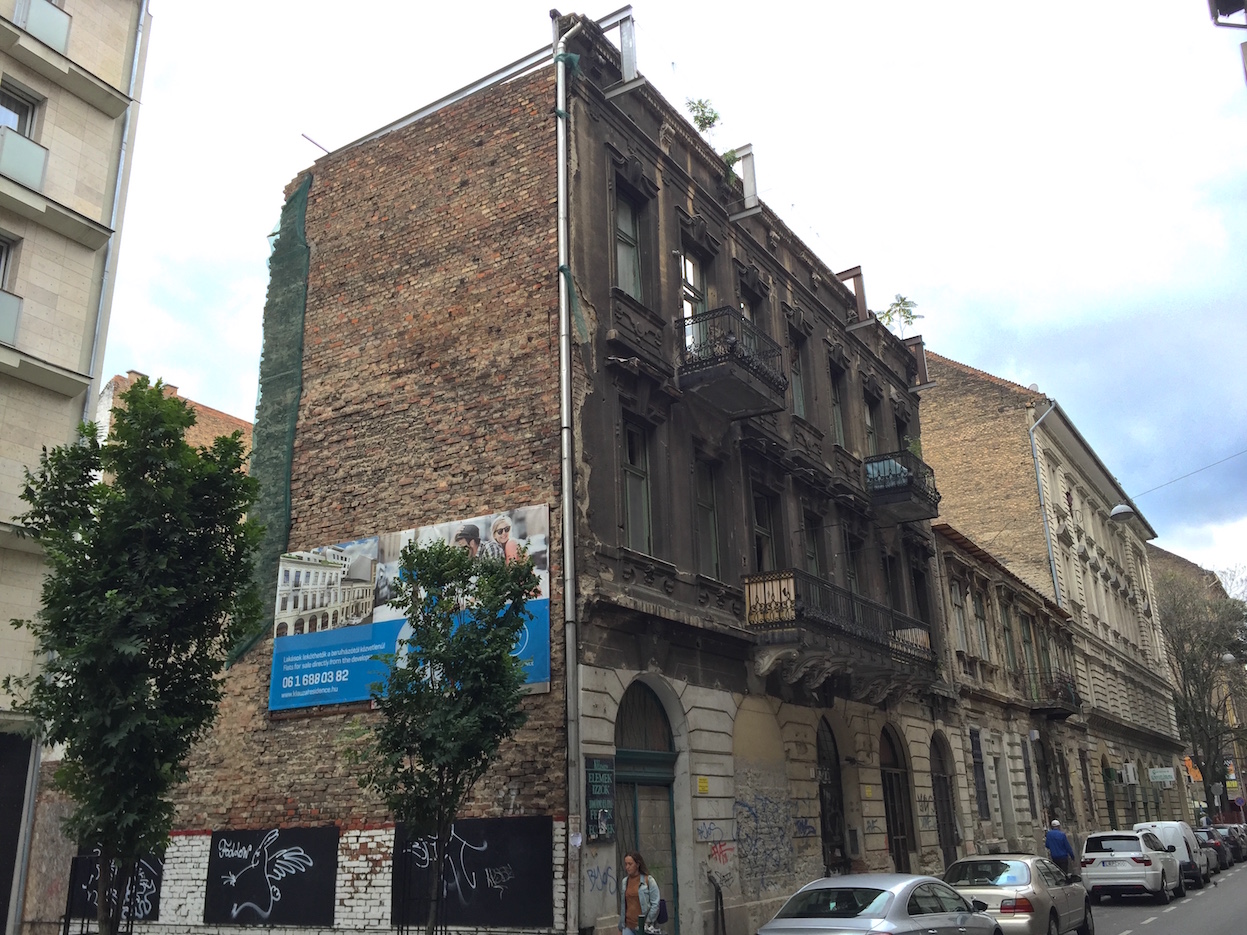
In the early 2000s, some cities in the Central Eastern European region began to introduce new mechanisms for citizen participation in urban development. These attempts
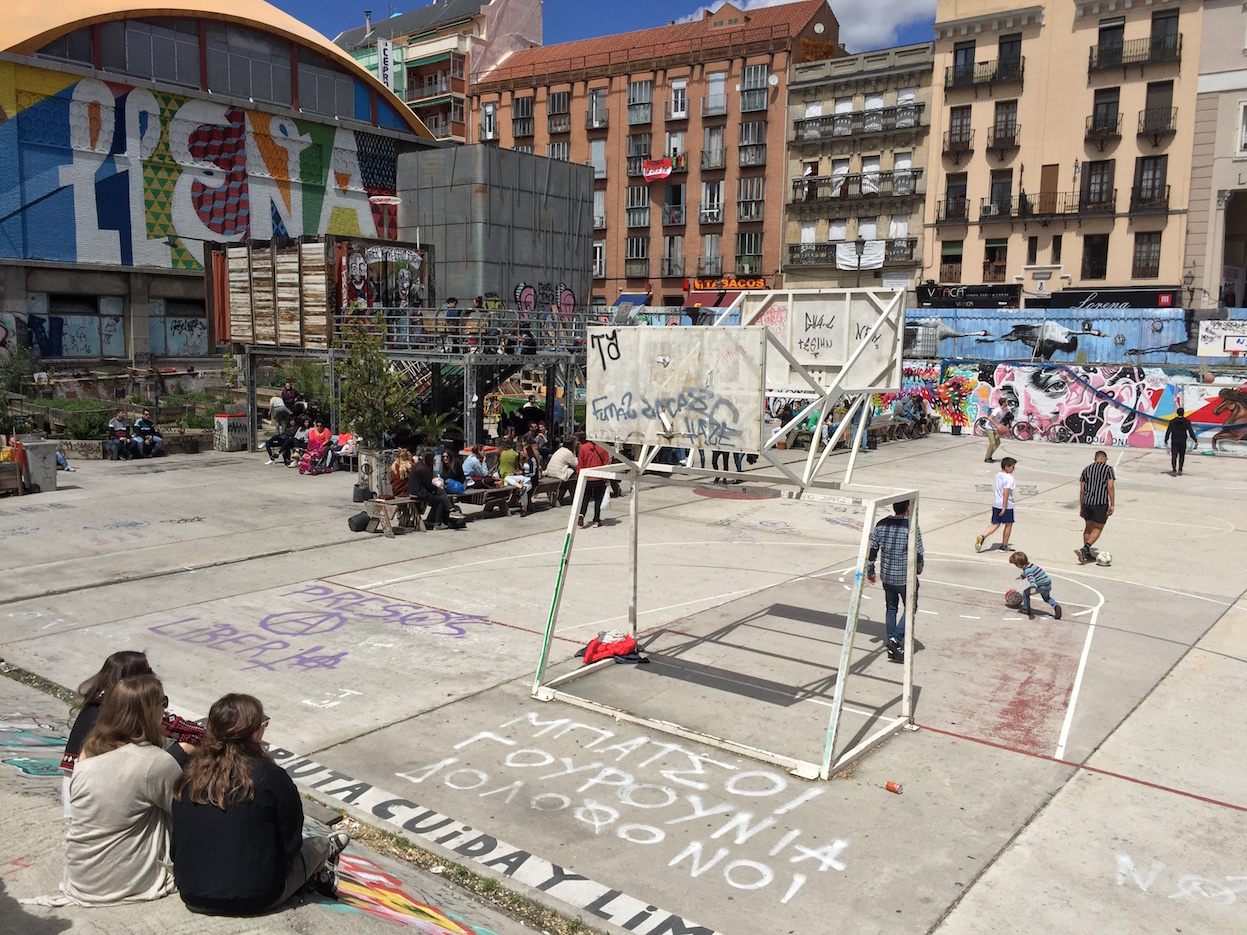
Southern European countries were among the hardest hit by the 2008 economic crisis. In response to the economic pressure, declining public services and drastic unemployment

MAR Movilidad is the mobility hub of the Mares Madrid project, an initiative by the city of Madrid, co-funded by the European Union’s Urban Innovative
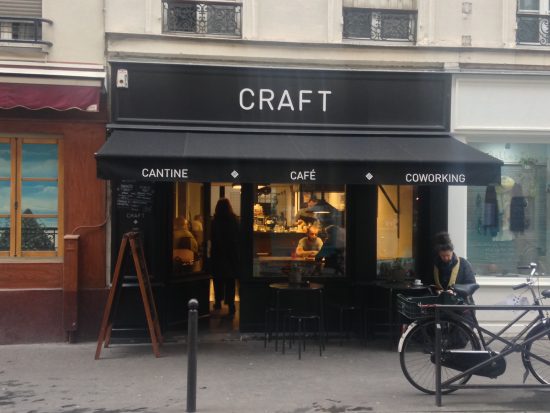
As a result of the signature of the Pact of Amsterdam on 30th May 2016, Europe has committed to improve its funding, policies and knowledge
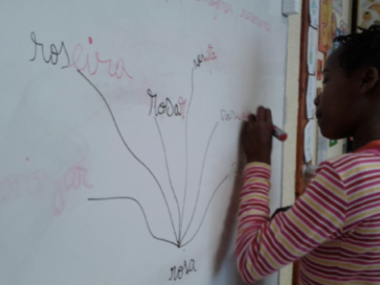
The last decade has seen a significant change in the nature and pattern of migration flows within the EU. As a result one can observe

Responses to the economic crisis of 2007-2008, and ambitions to create autonomous systems of exchange generated hundreds of complementary currencies in the past decade. Created

The international debate on the commons has a long history but only in recent years has it started gearing towards the definition of Urban Commons

Per ridurre la povertà nei quartieri svantaggiati delle nostre città molto può anche essere fatto anche senza una forte cooperazione del governo nazionale. In questo
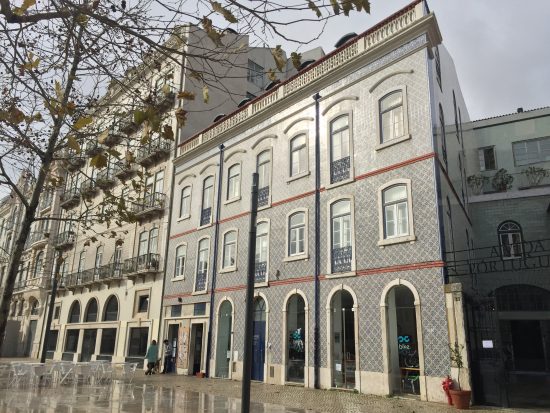
Largo Residências is a hostel, hotel, artist-in-residence and café in Lisbon’s fast-changing Intendente neighbourhood. Largo, run by a cooperative, aims at connecting the area’s past
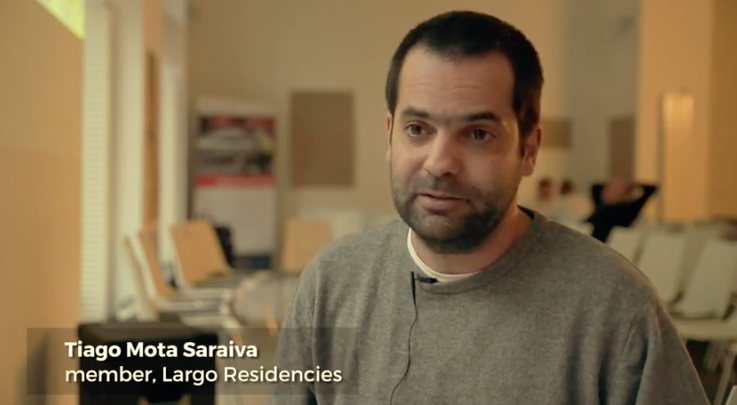
Largo Residências is a hostel, hotel, artist-in-residence and café in Lisbon’s fast-changing Intendente neighbourhood. It serves as a community hub for many of the area’s residents and initiatives, and develops projects to support the cultural and social inclusion of the neighbourhood’s precarious inhabitants. The establishment of Largo was assisted by the Lisbon Municipality’s BIP/ZIP program in 2011.
In the past decade, with the economic crisis and the transformation of welfare societies, NGOs, community organisations and civic developers – City Makers – established
Urban regeneration Neighbourhoods, the building blocks of cities, are in constant transformation. Improving the quality of life, relationships and opportunities in a specific area requires
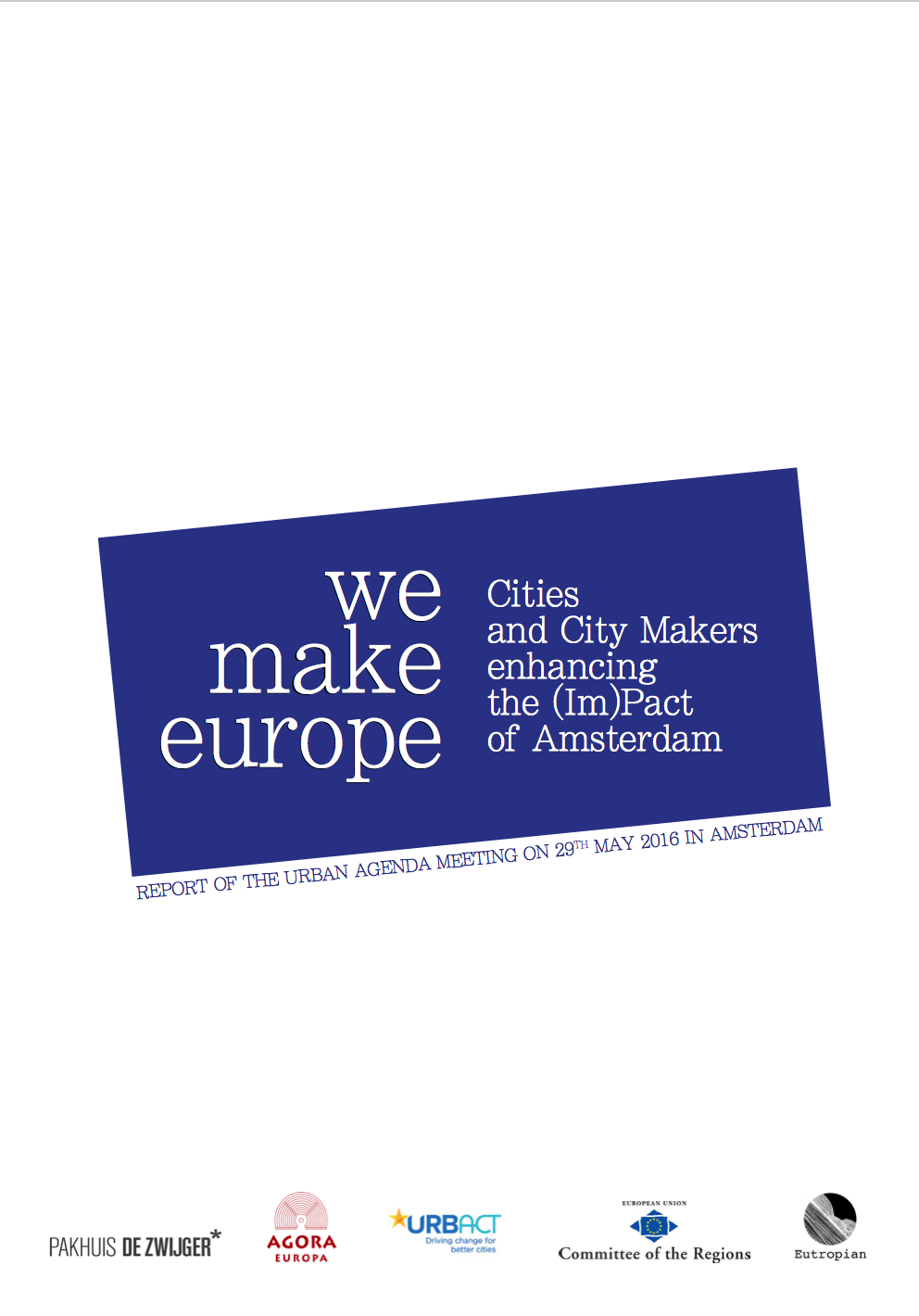
This is the report of the discussions held on 29.05.2016 in preparation for the signature of the EU Urban Agenda in Amsterdam. The event aimed at creating a dialogue between Cities and City Makers to enrich the ongoing work of the Urban Agenda Partnerships with experiences “from the ground”. The discussion focused on the ongoing Partnerships on Urban Poverty, Affordable Housing, Refugees and Migrant Inclusion and Air Quality. The expected impact of such events is to create an ongoing dialogue between City Administrations, City Makers, the EU Urban Agenda partnerships and European Institutions in order to guarantee a richer variety of inputs into the policy elaboration. We hope you will enjoy the reading!
The discussion was organised by the European Committee of the Regions, URBACT, Eutropian, Agora Europa and Pakhuis de Zwijger.
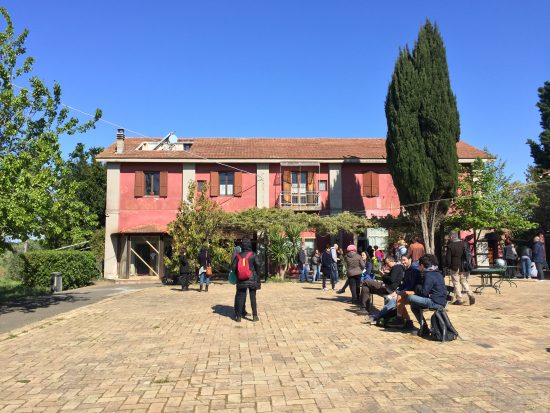
European cities are still in the wake of the economic crisis. Public administrations are struggling with urban maintenance and the delivery of local services. Driven
© Copyright 2017 – 2025 by Eutropian GmbH. All rights reserved. I Imprint / Disclaimer | Data Privacy Policy | Contact
| Cookie | Duration | Description |
|---|---|---|
| cookielawinfo-checkbox-analytics | 11 months | This cookie is set by GDPR Cookie Consent plugin. The cookie is used to store the user consent for the cookies in the category "Analytics". |
| cookielawinfo-checkbox-functional | 11 months | The cookie is set by GDPR cookie consent to record the user consent for the cookies in the category "Functional". |
| cookielawinfo-checkbox-necessary | 11 months | This cookie is set by GDPR Cookie Consent plugin. The cookies is used to store the user consent for the cookies in the category "Necessary". |
| cookielawinfo-checkbox-others | 11 months | This cookie is set by GDPR Cookie Consent plugin. The cookie is used to store the user consent for the cookies in the category "Other. |
| cookielawinfo-checkbox-performance | 11 months | This cookie is set by GDPR Cookie Consent plugin. The cookie is used to store the user consent for the cookies in the category "Performance". |
| viewed_cookie_policy | 11 months | The cookie is set by the GDPR Cookie Consent plugin and is used to store whether or not user has consented to the use of cookies. It does not store any personal data. |
